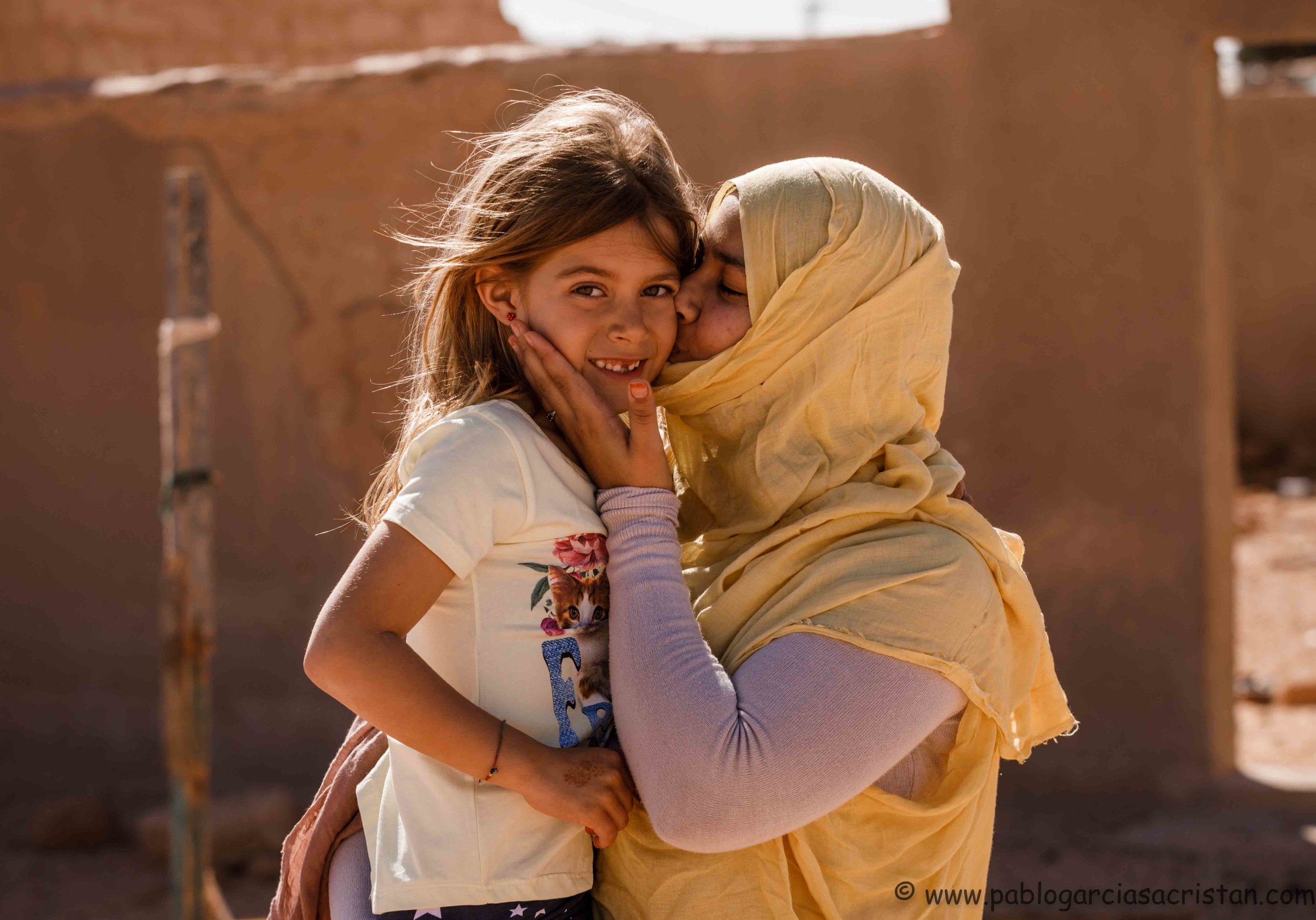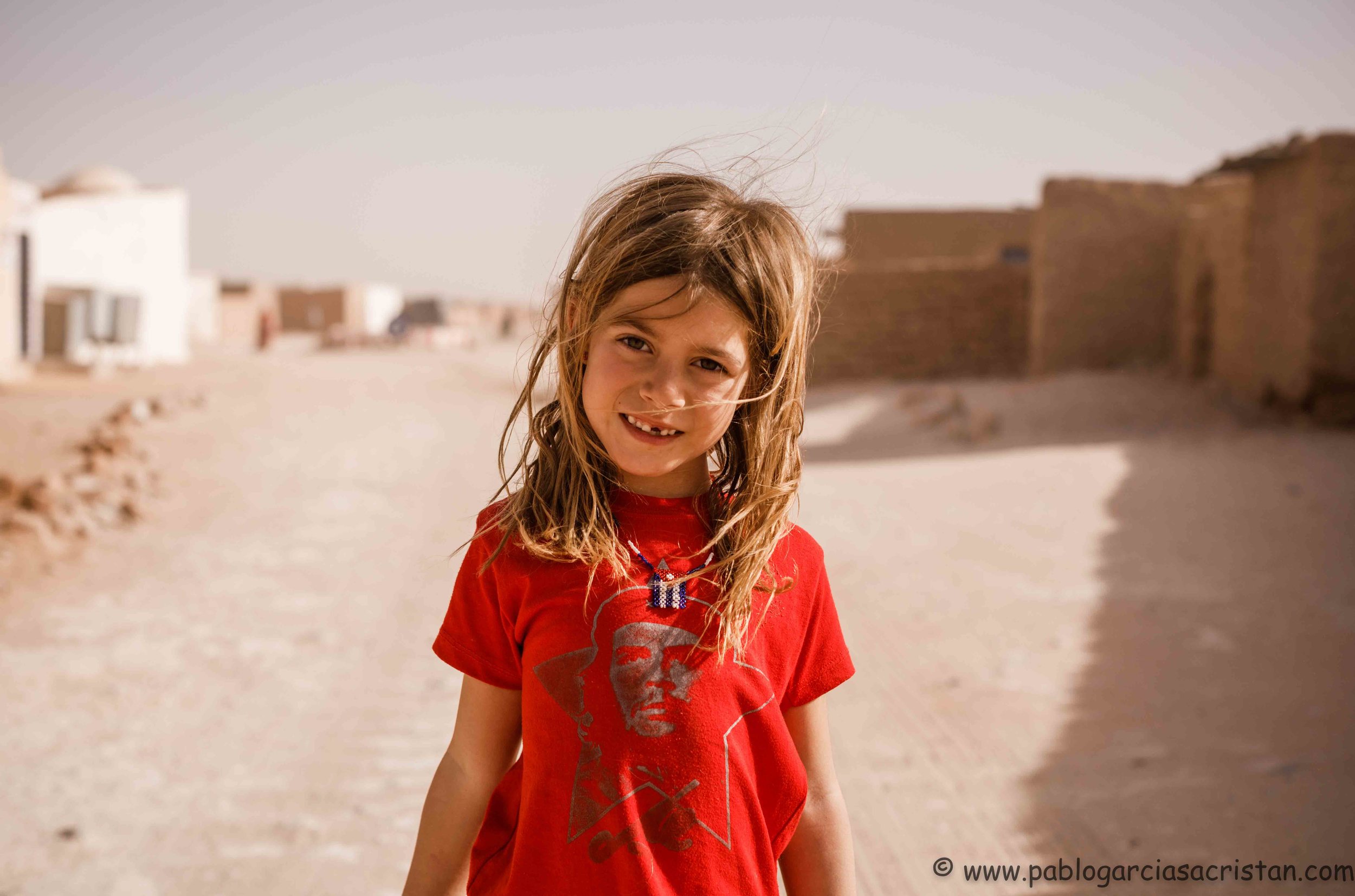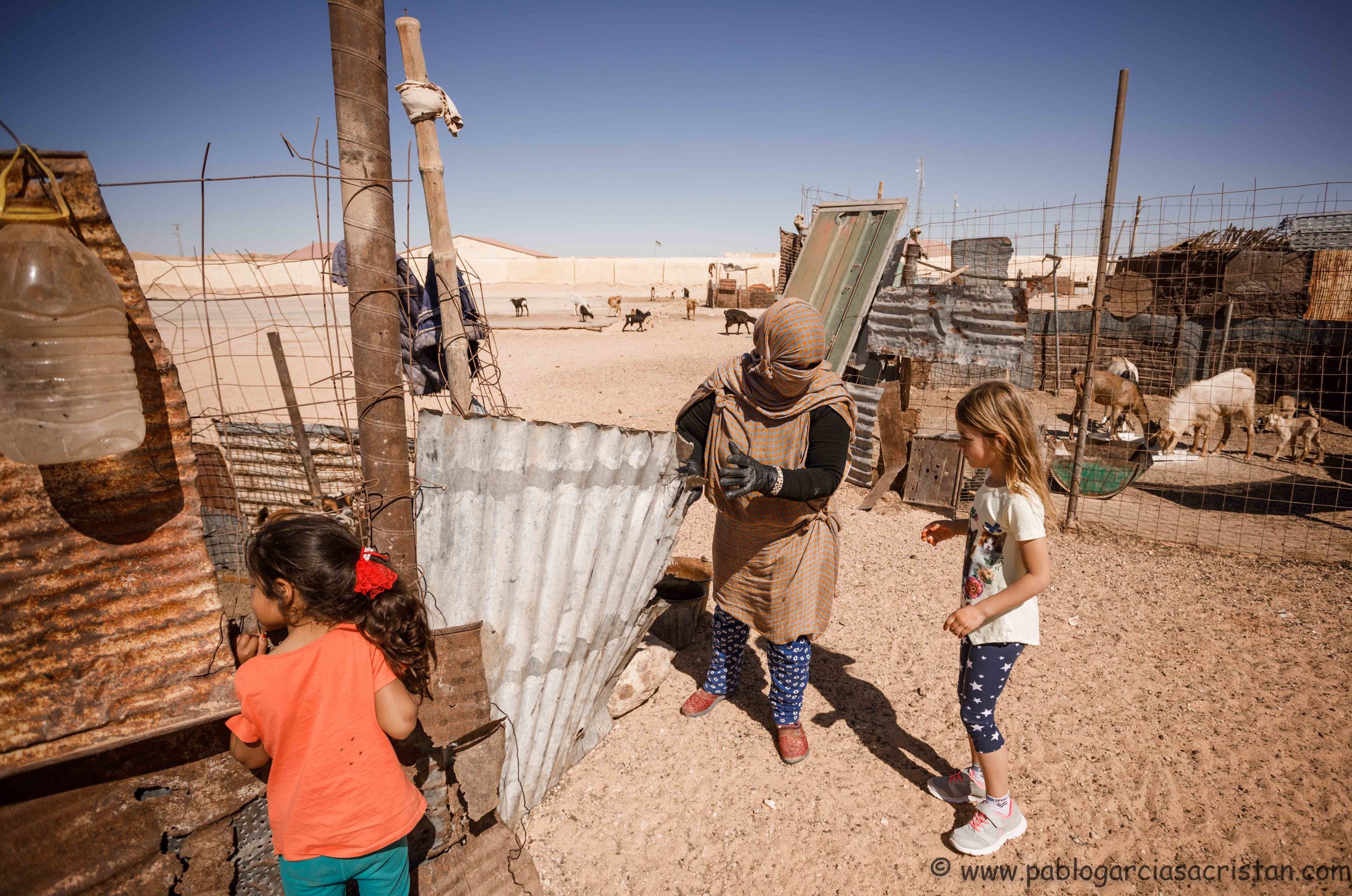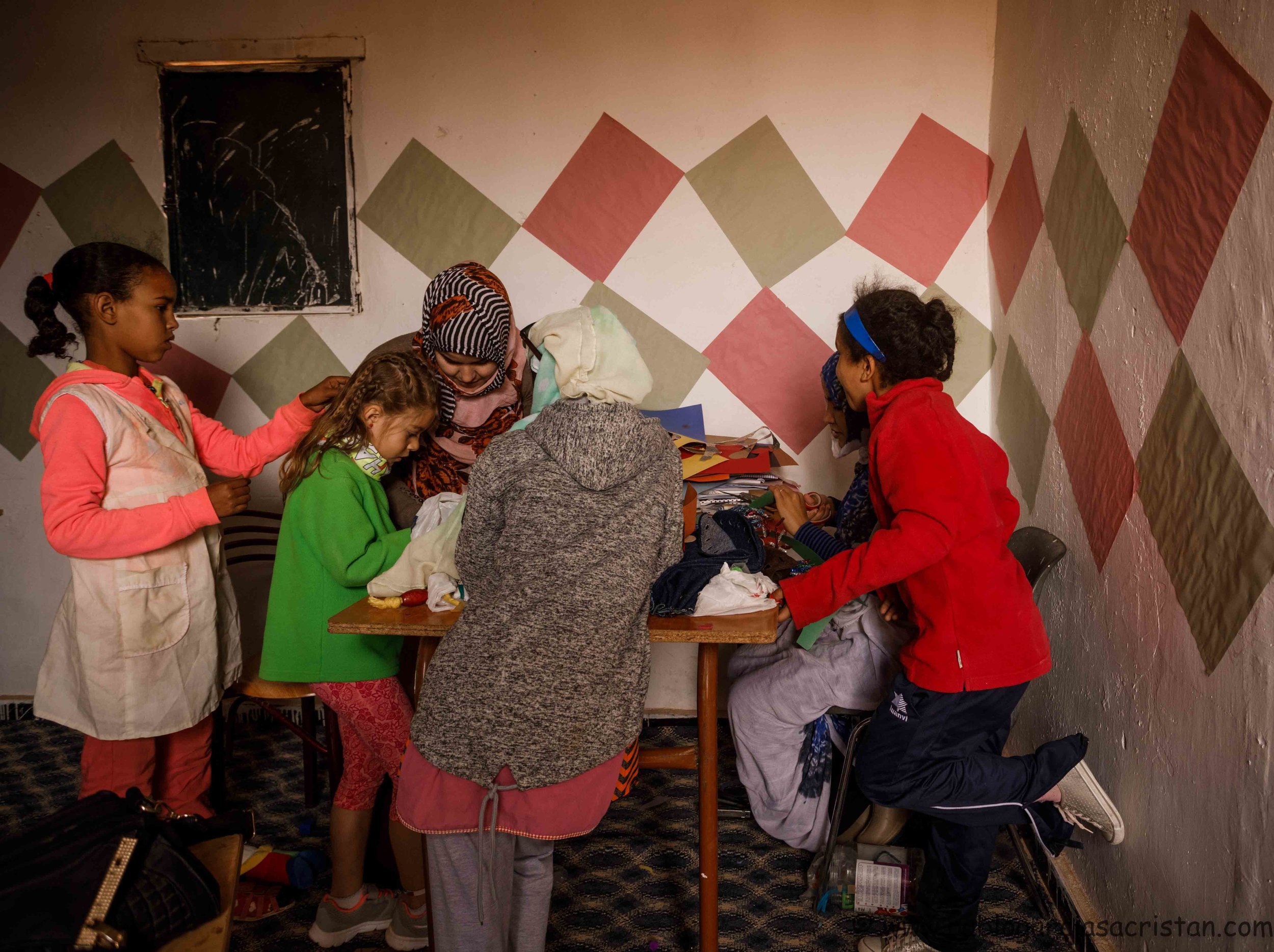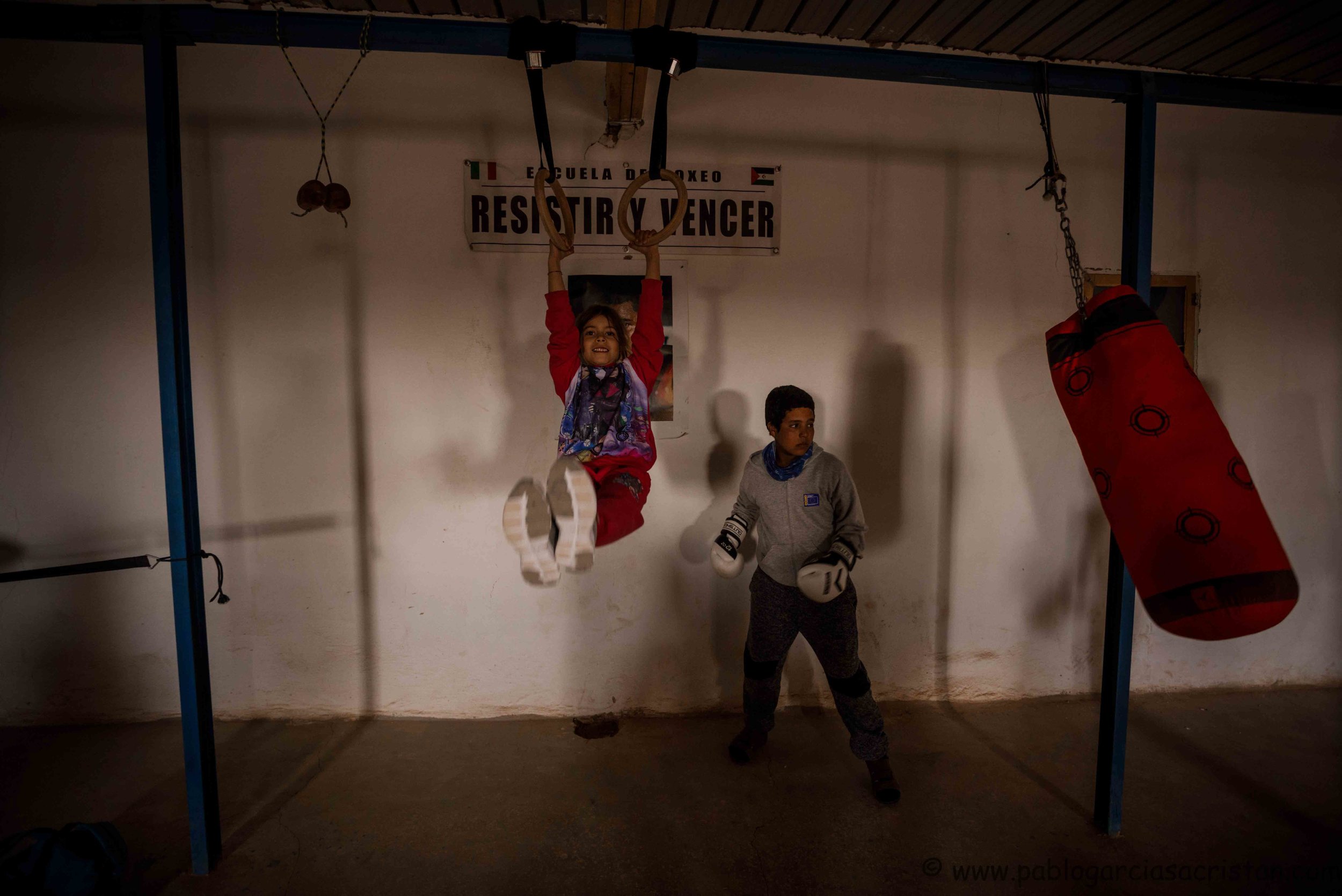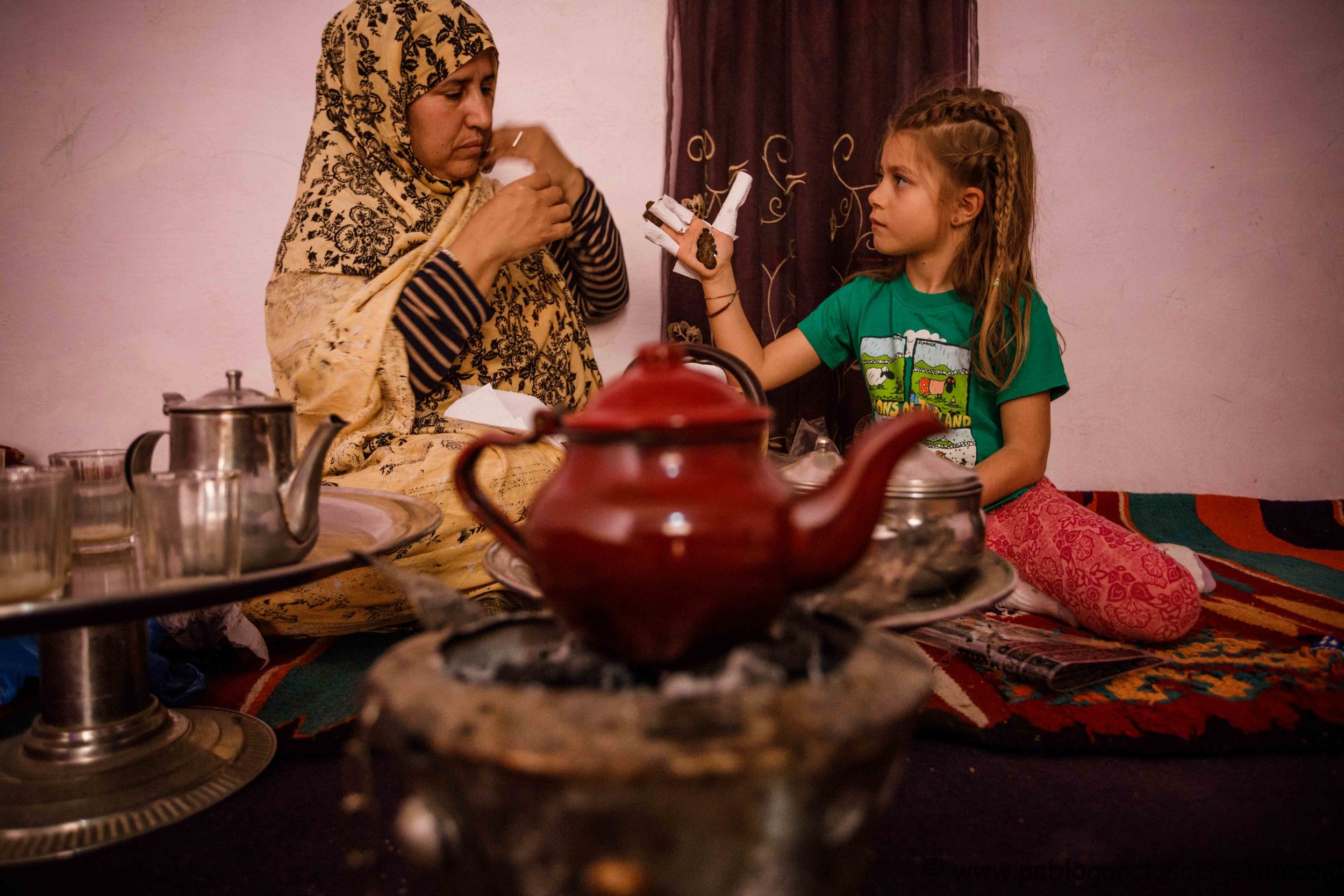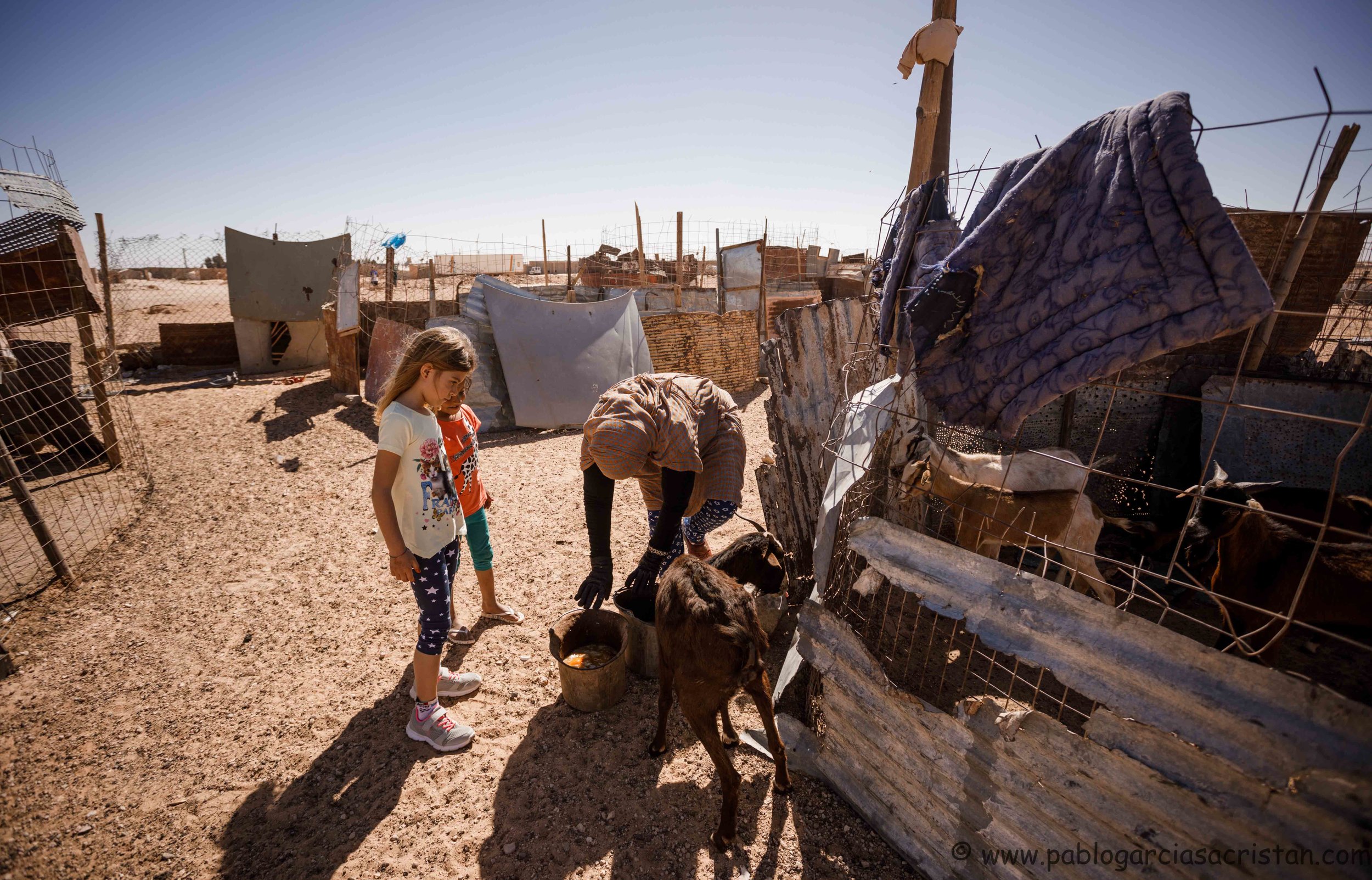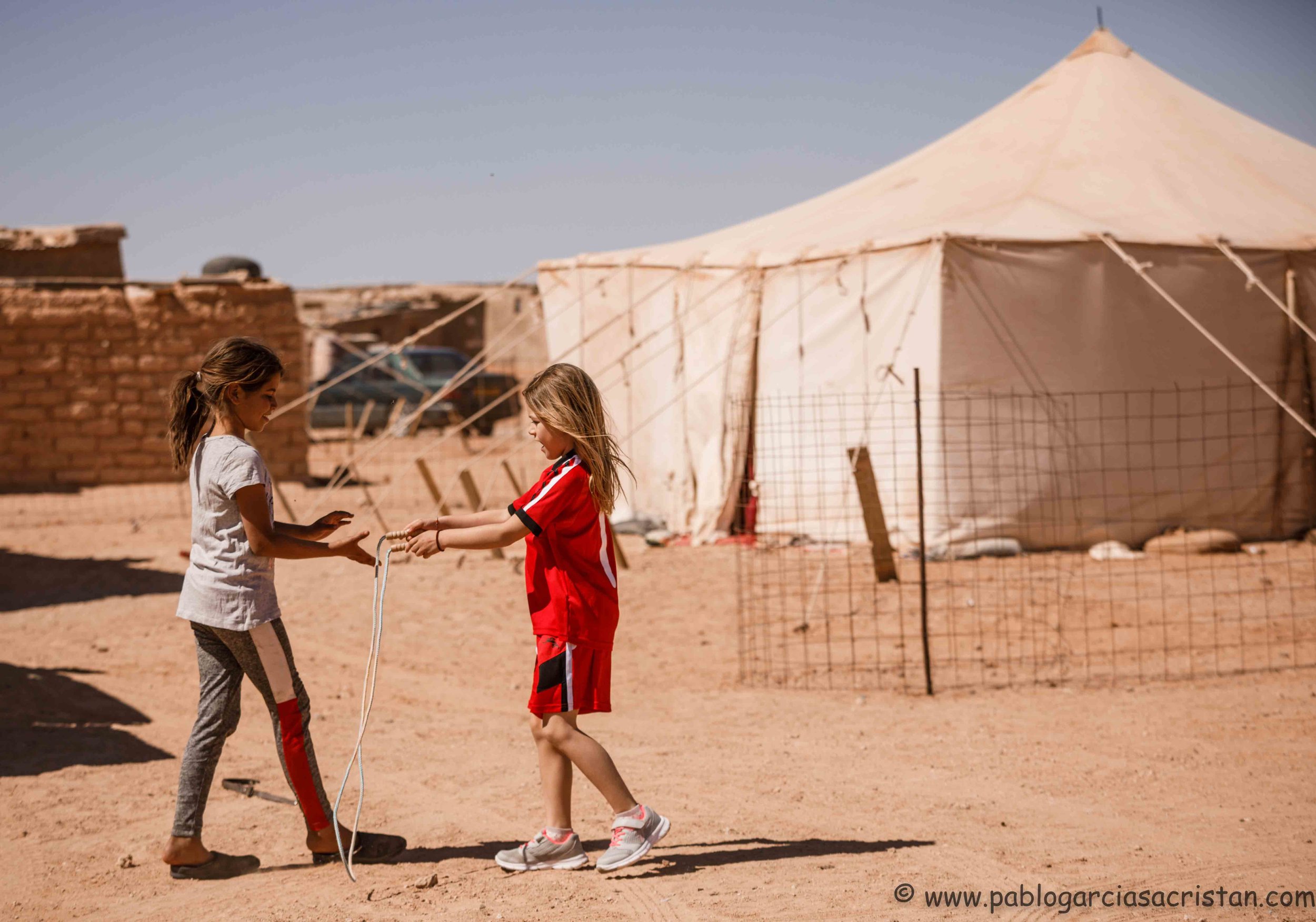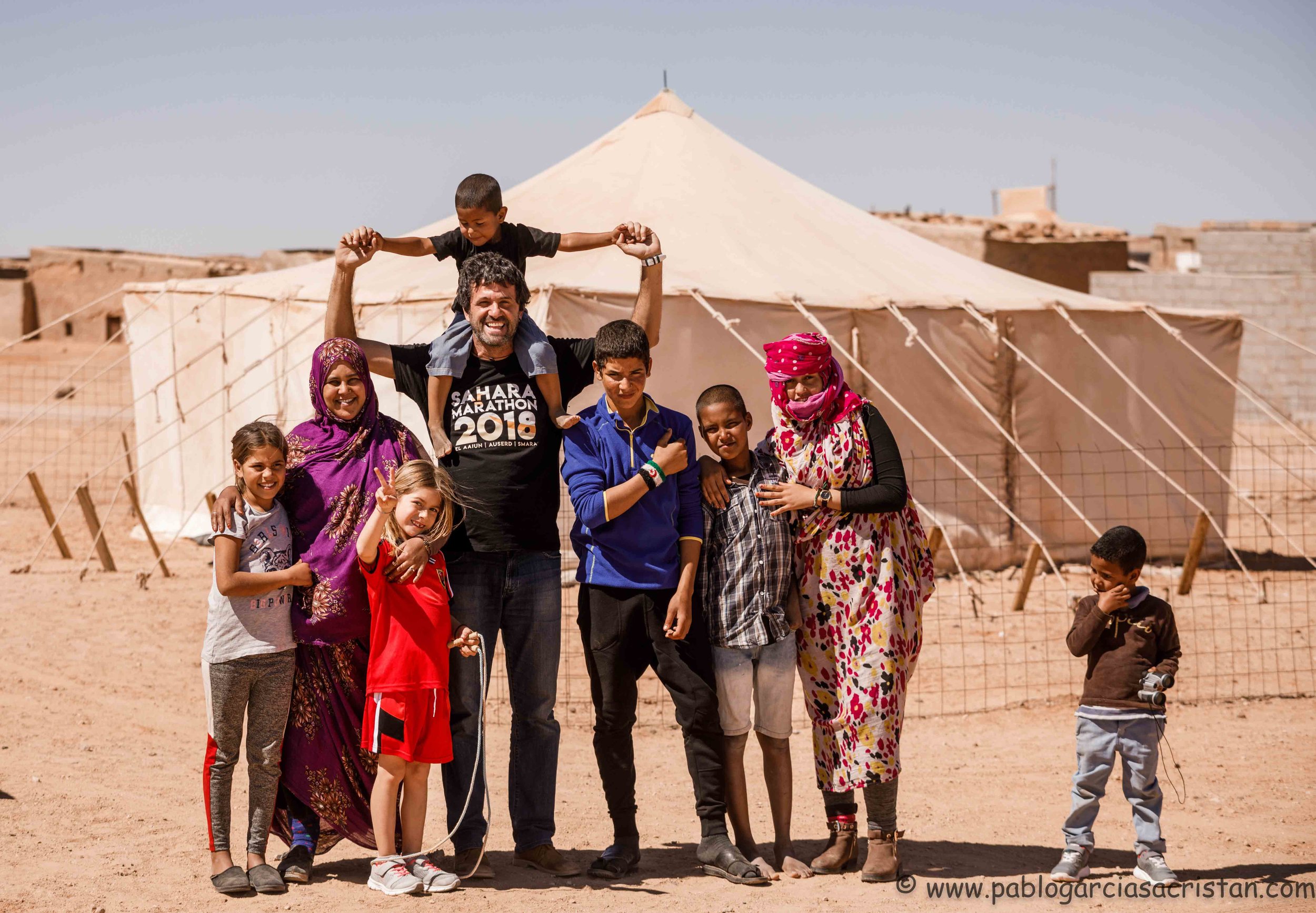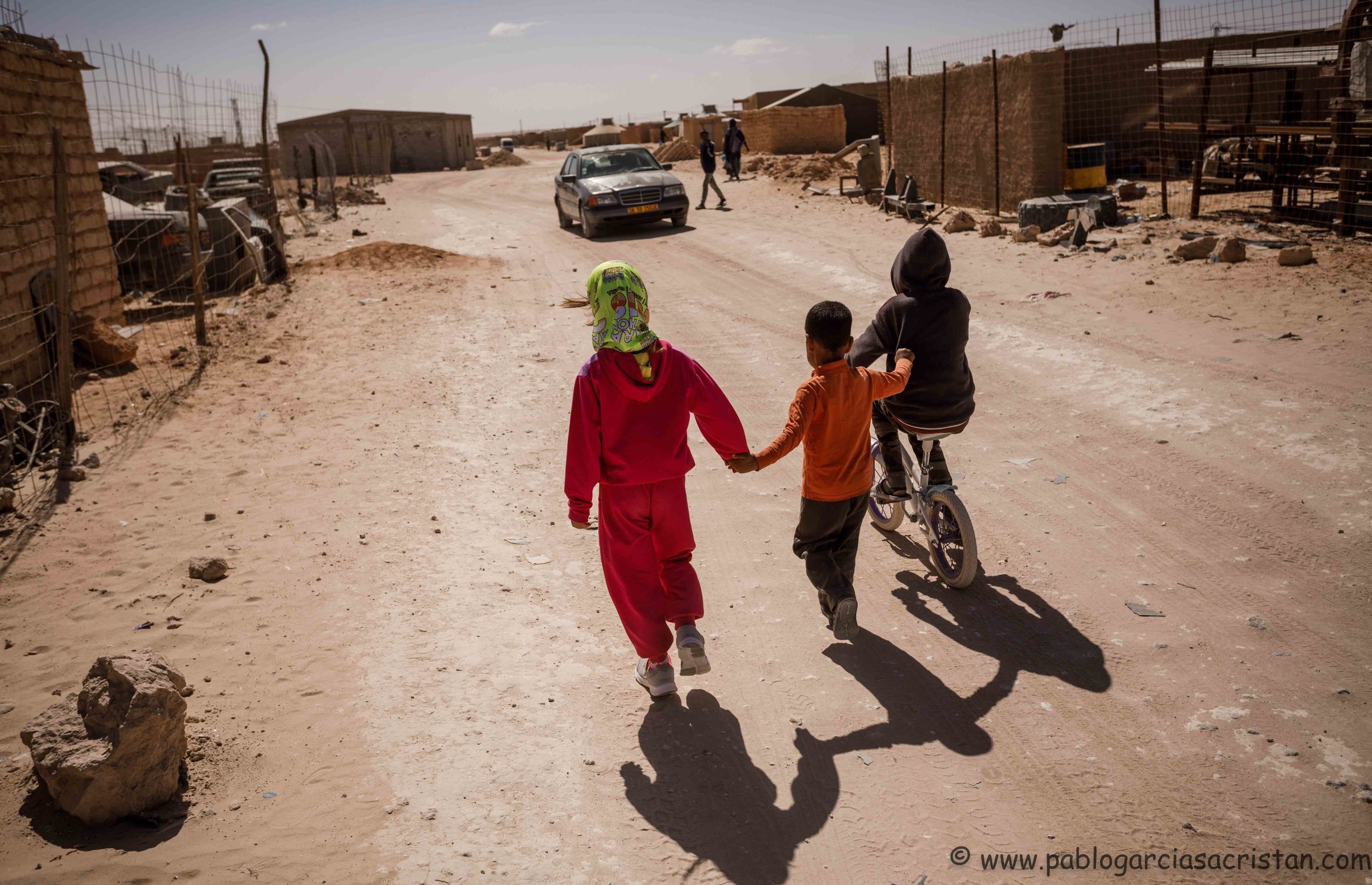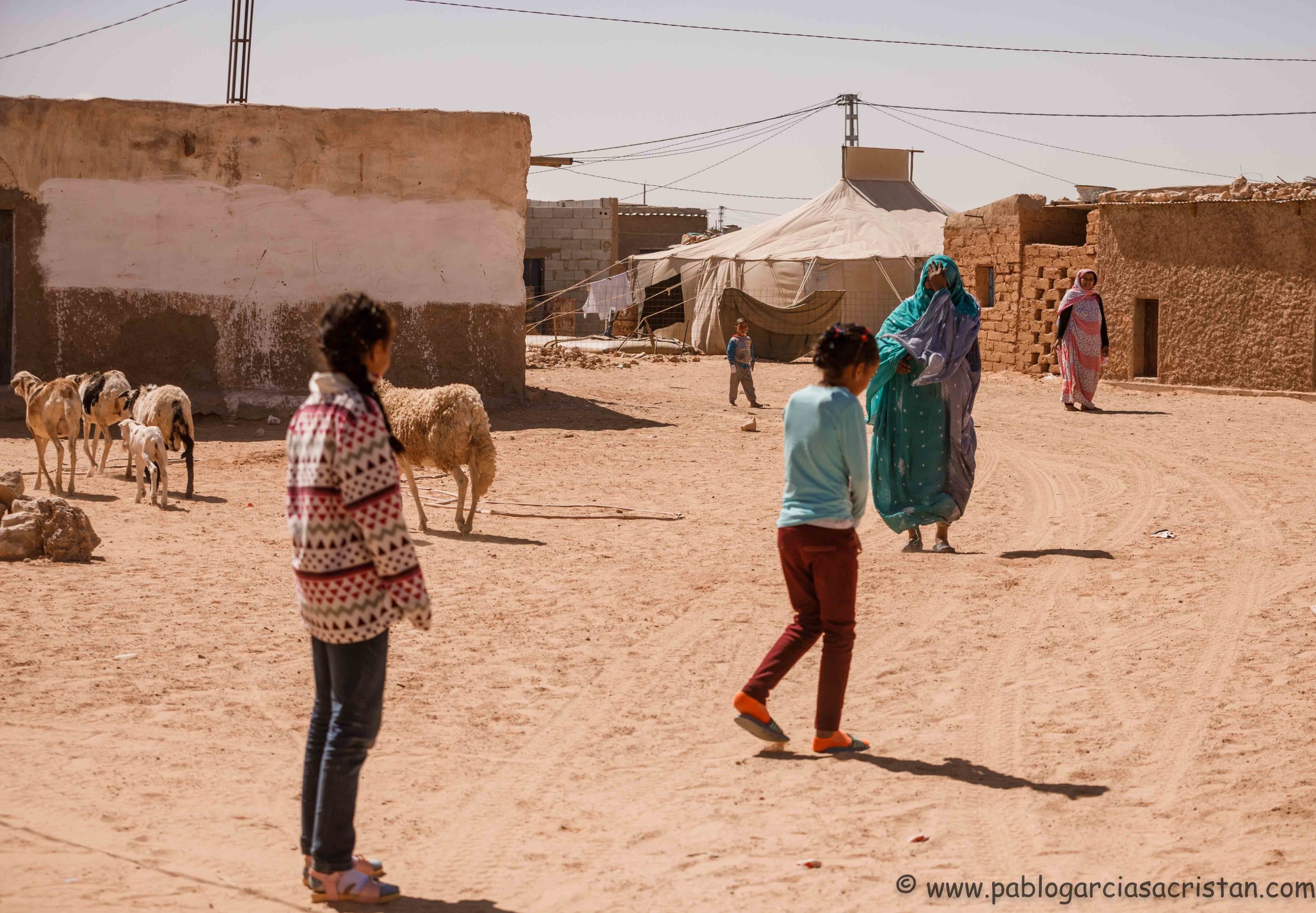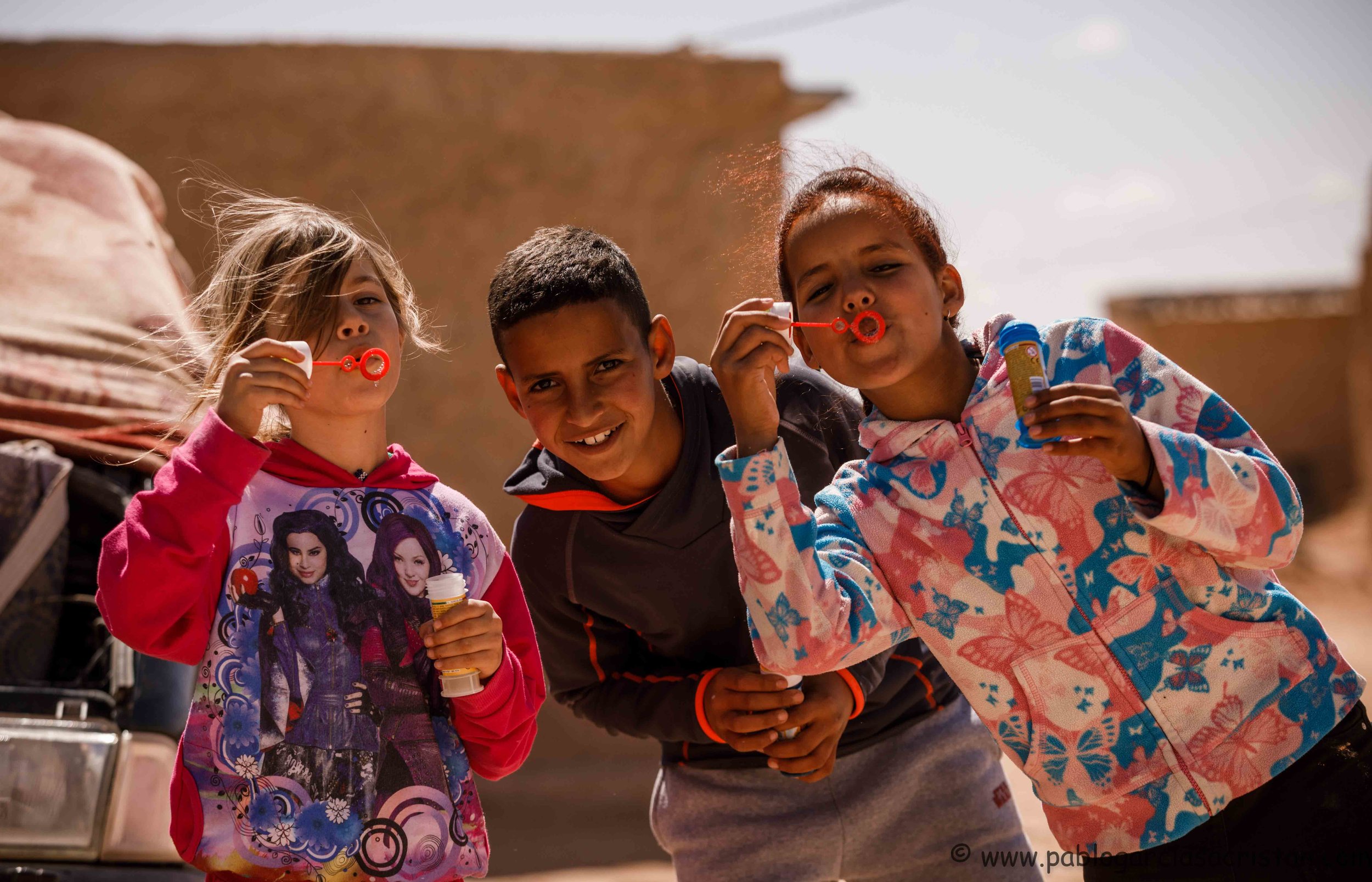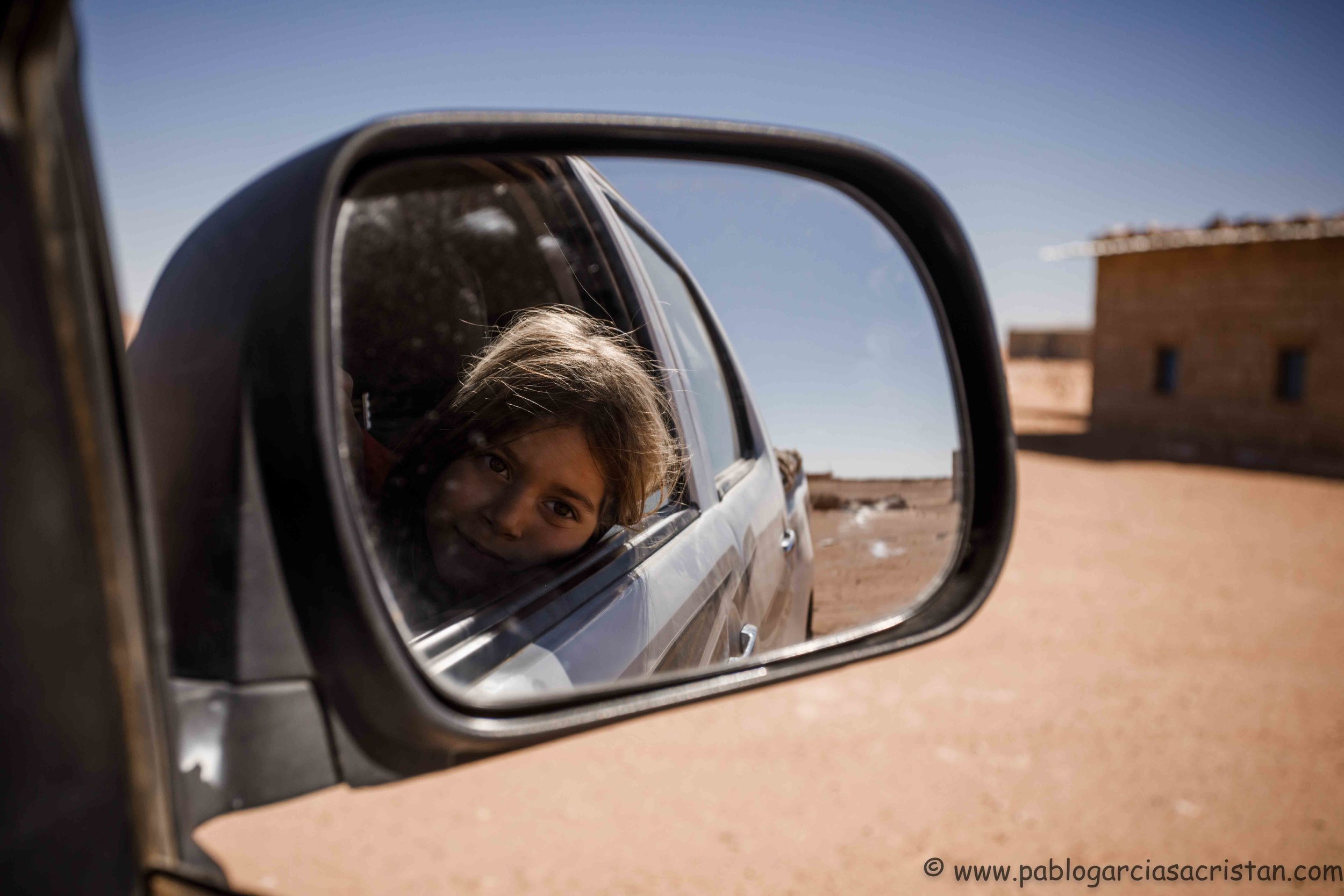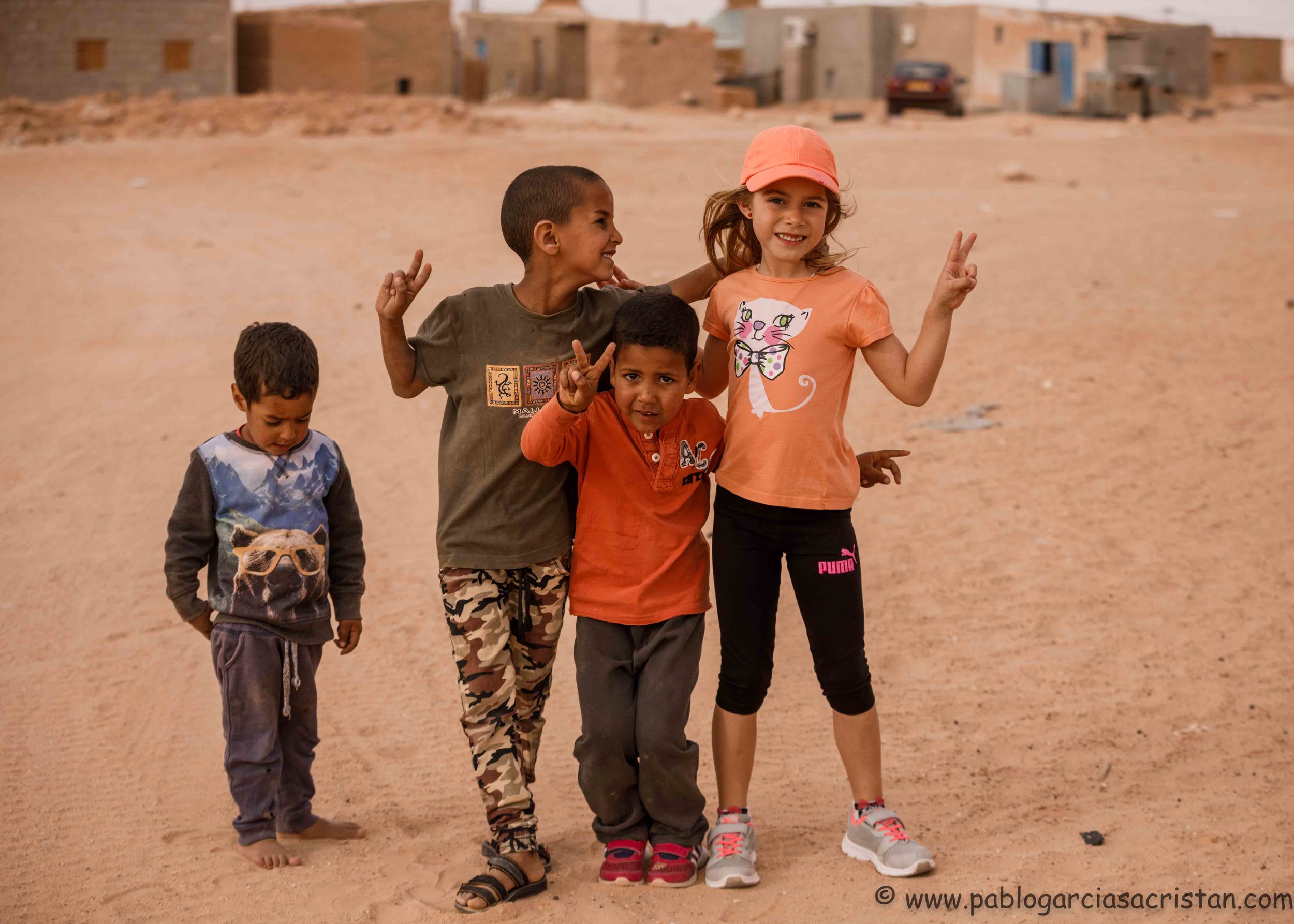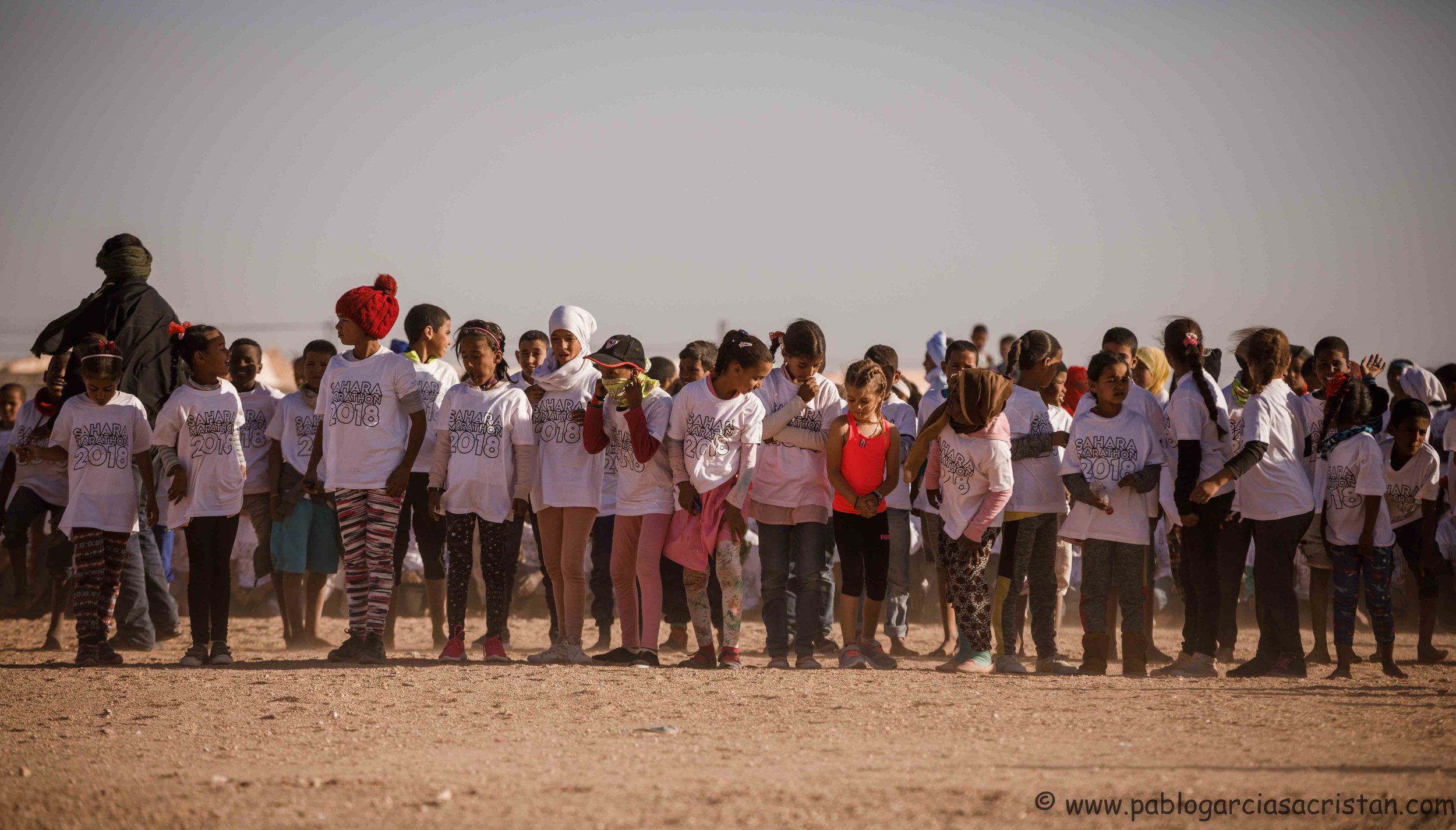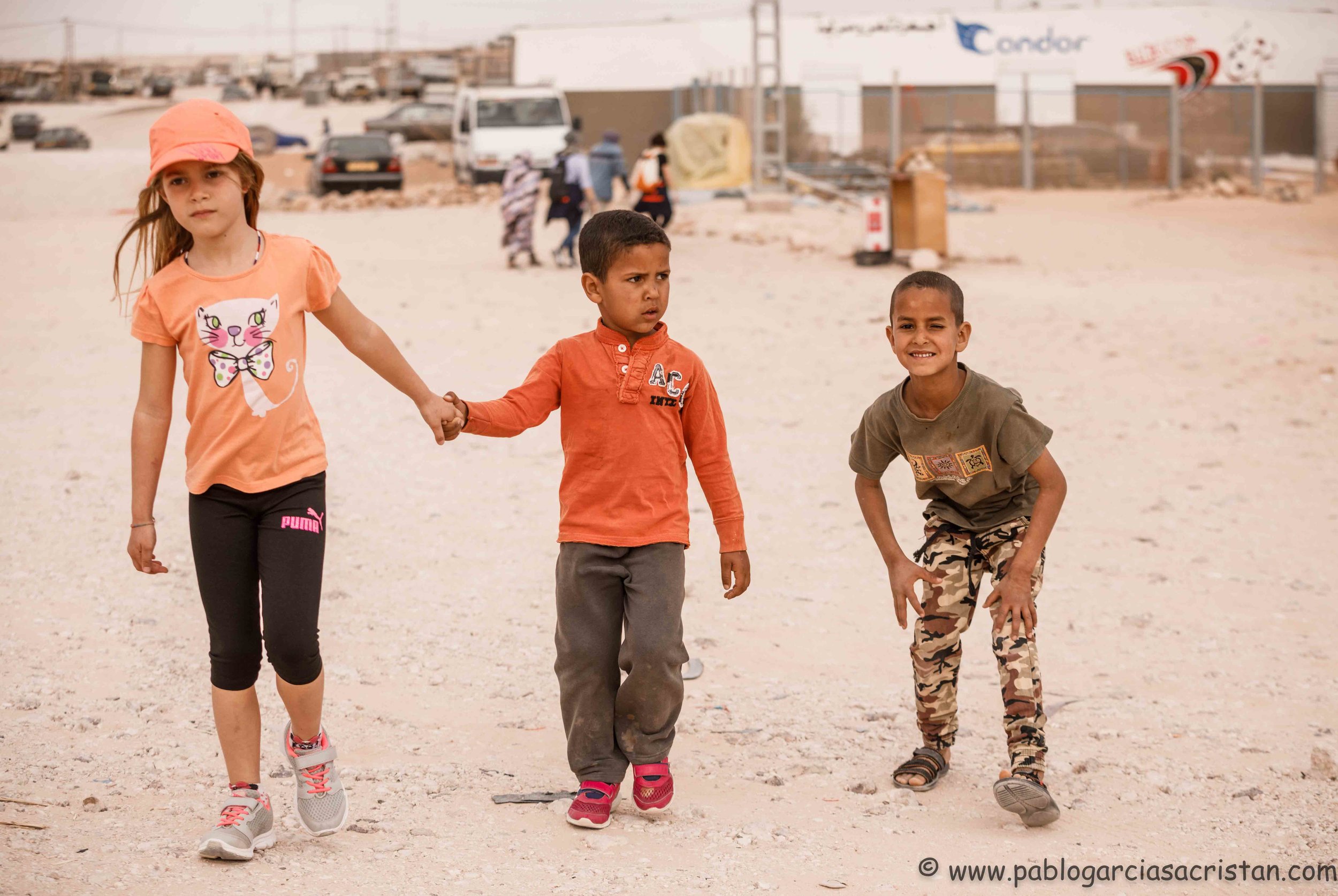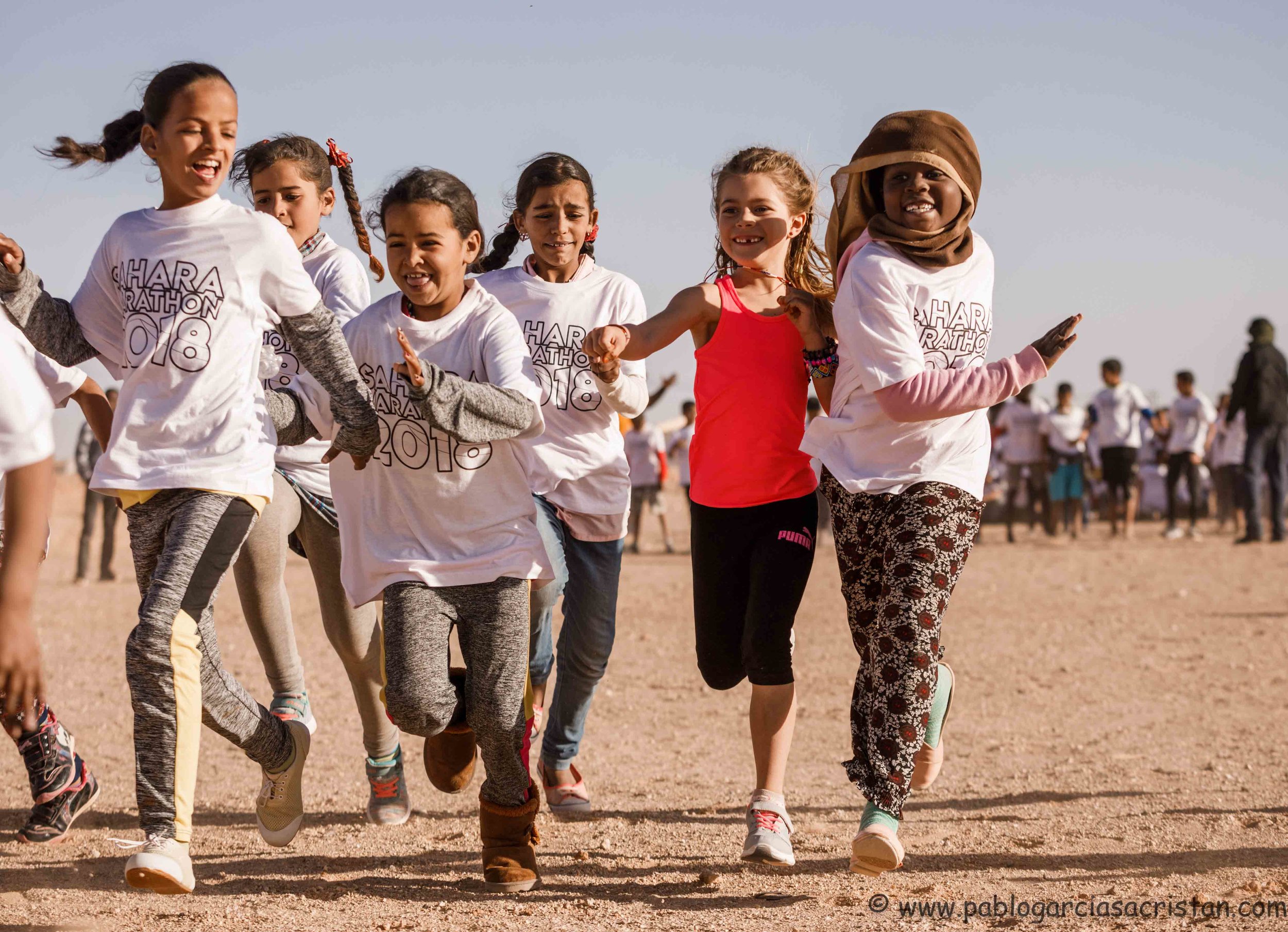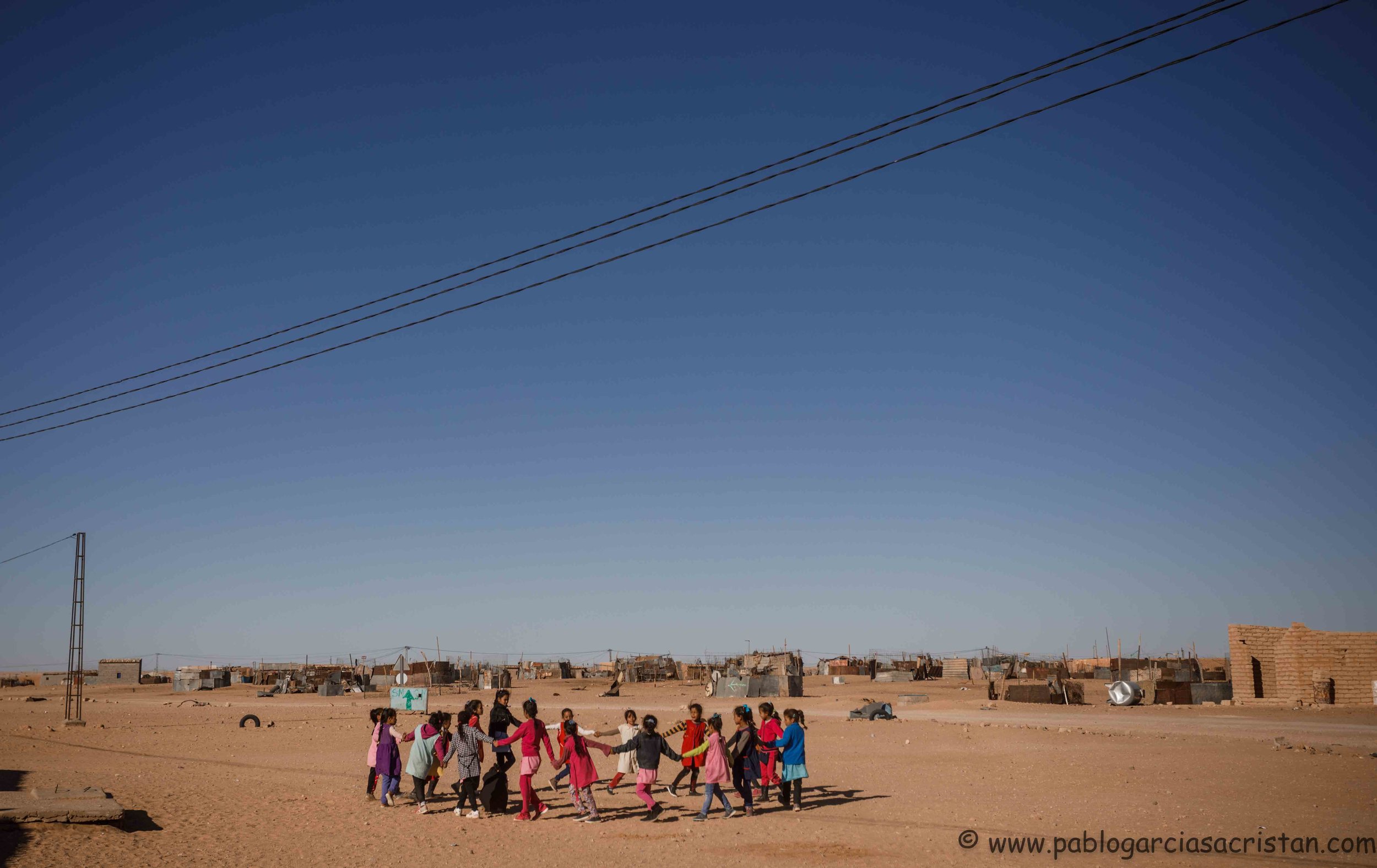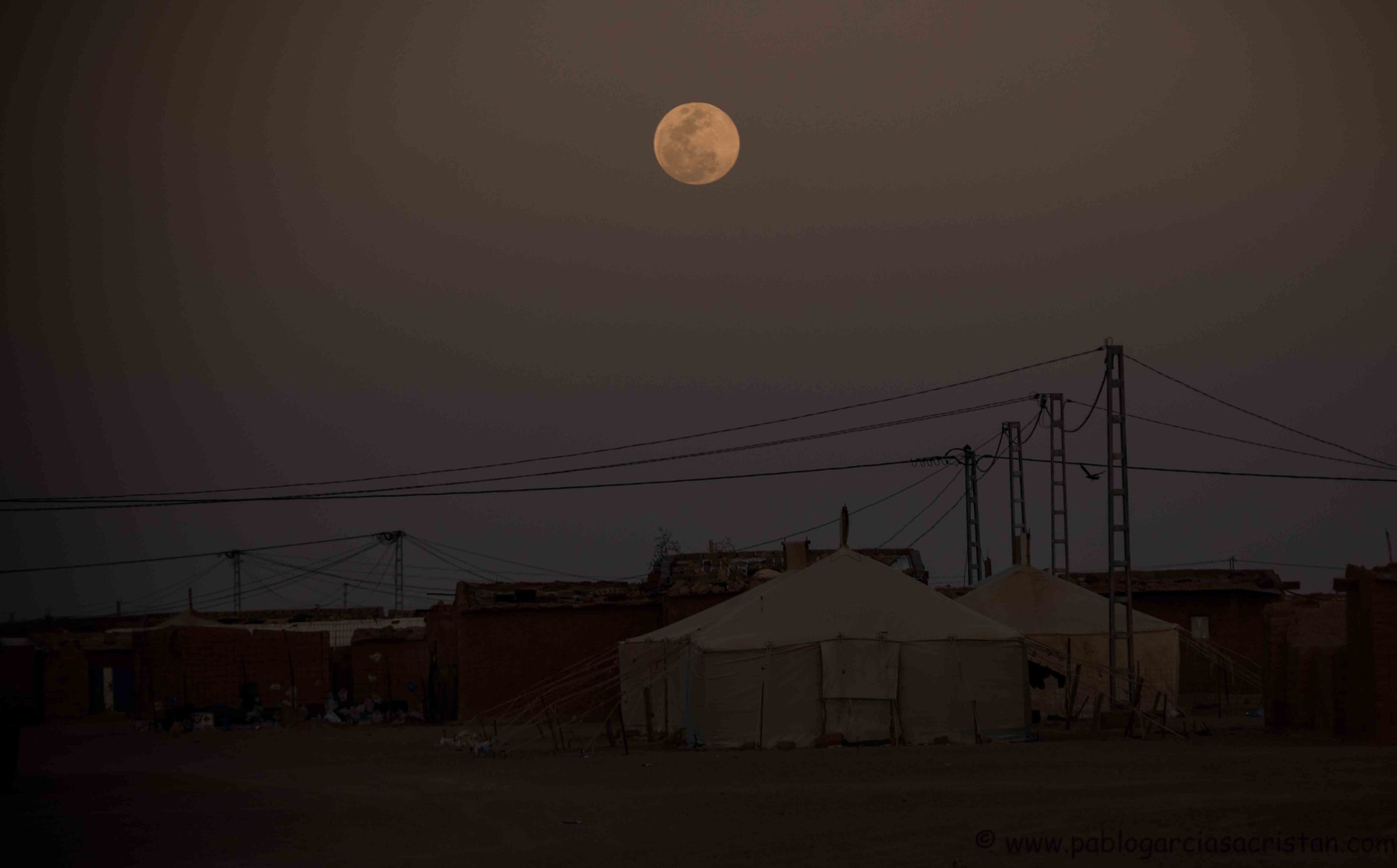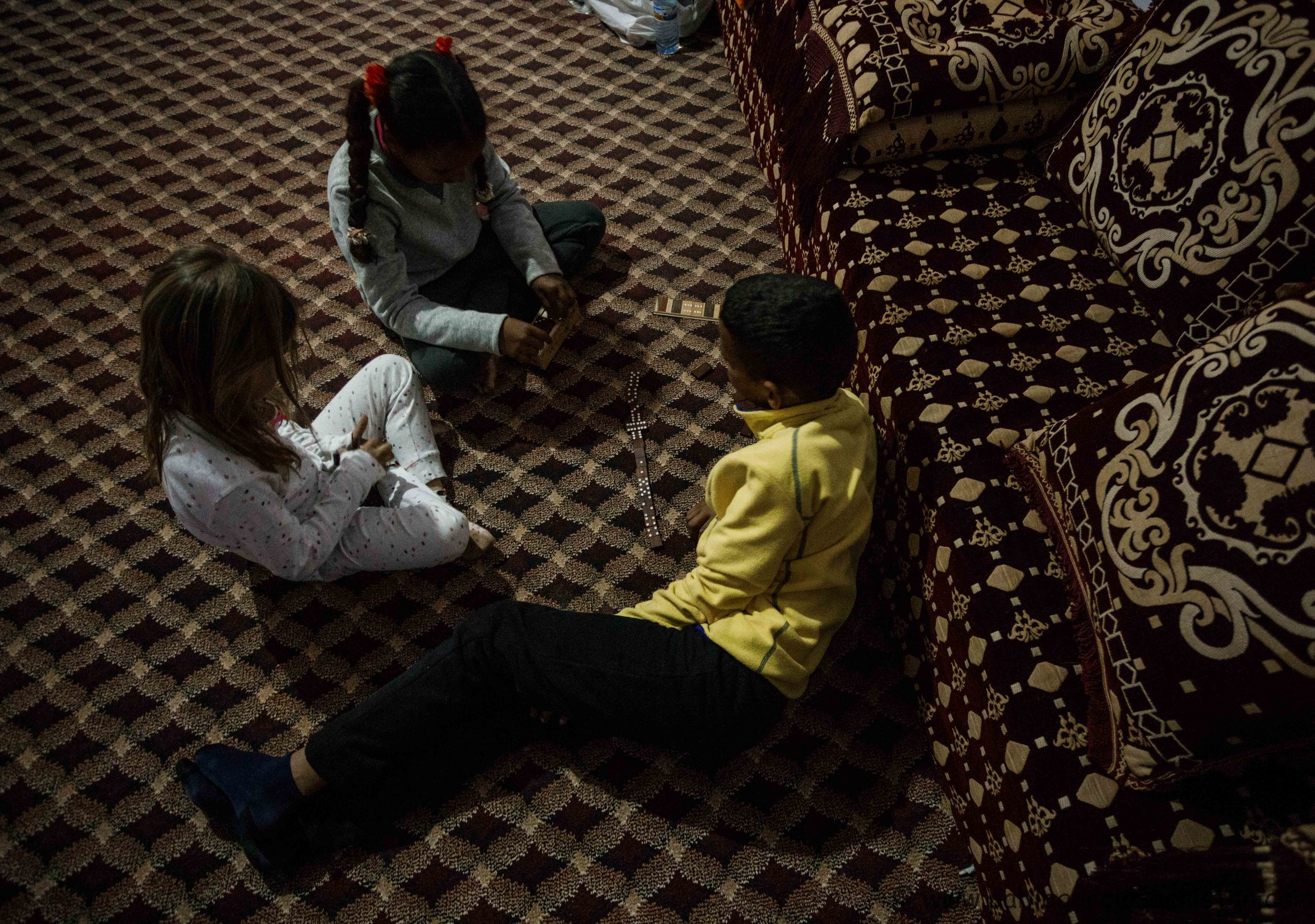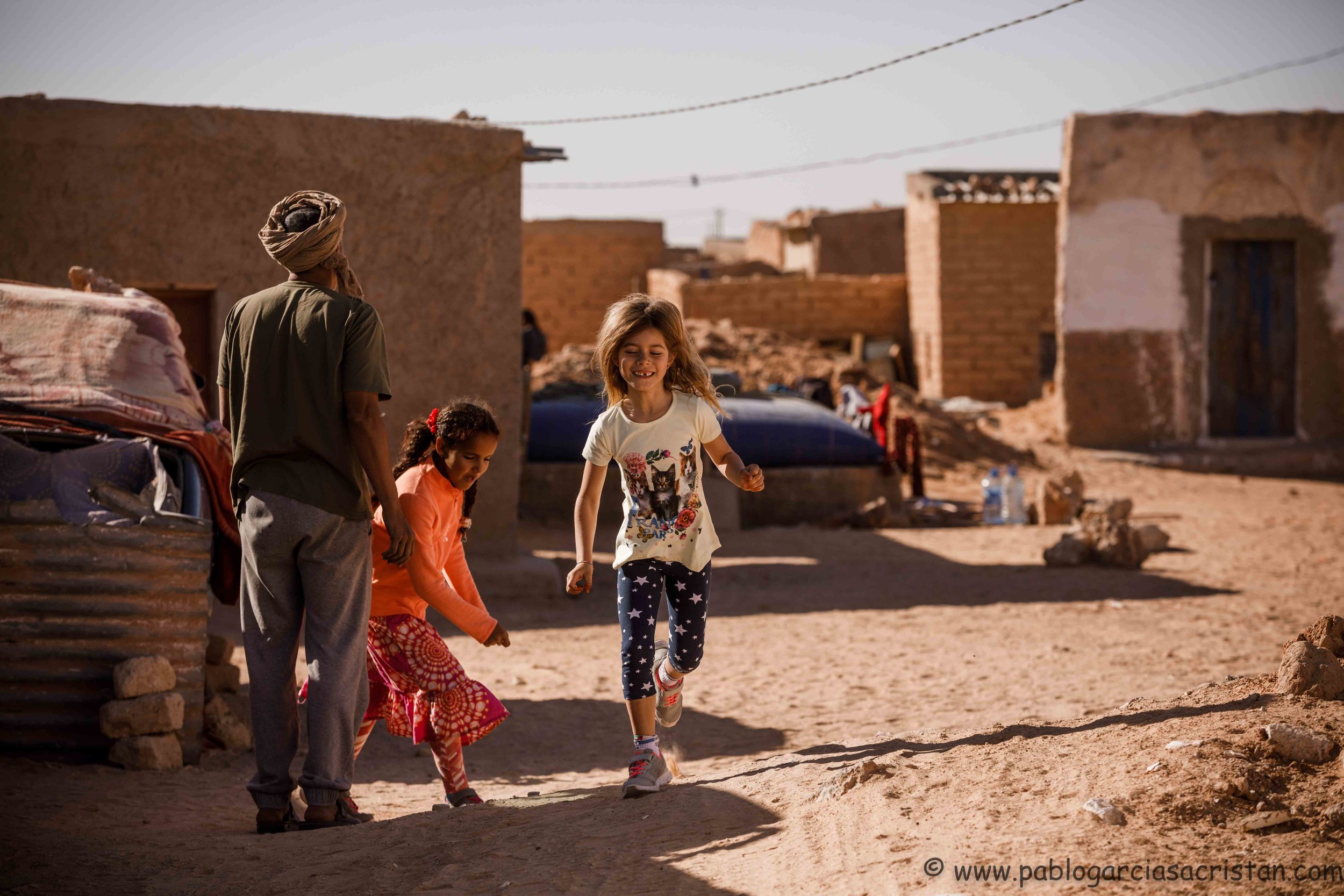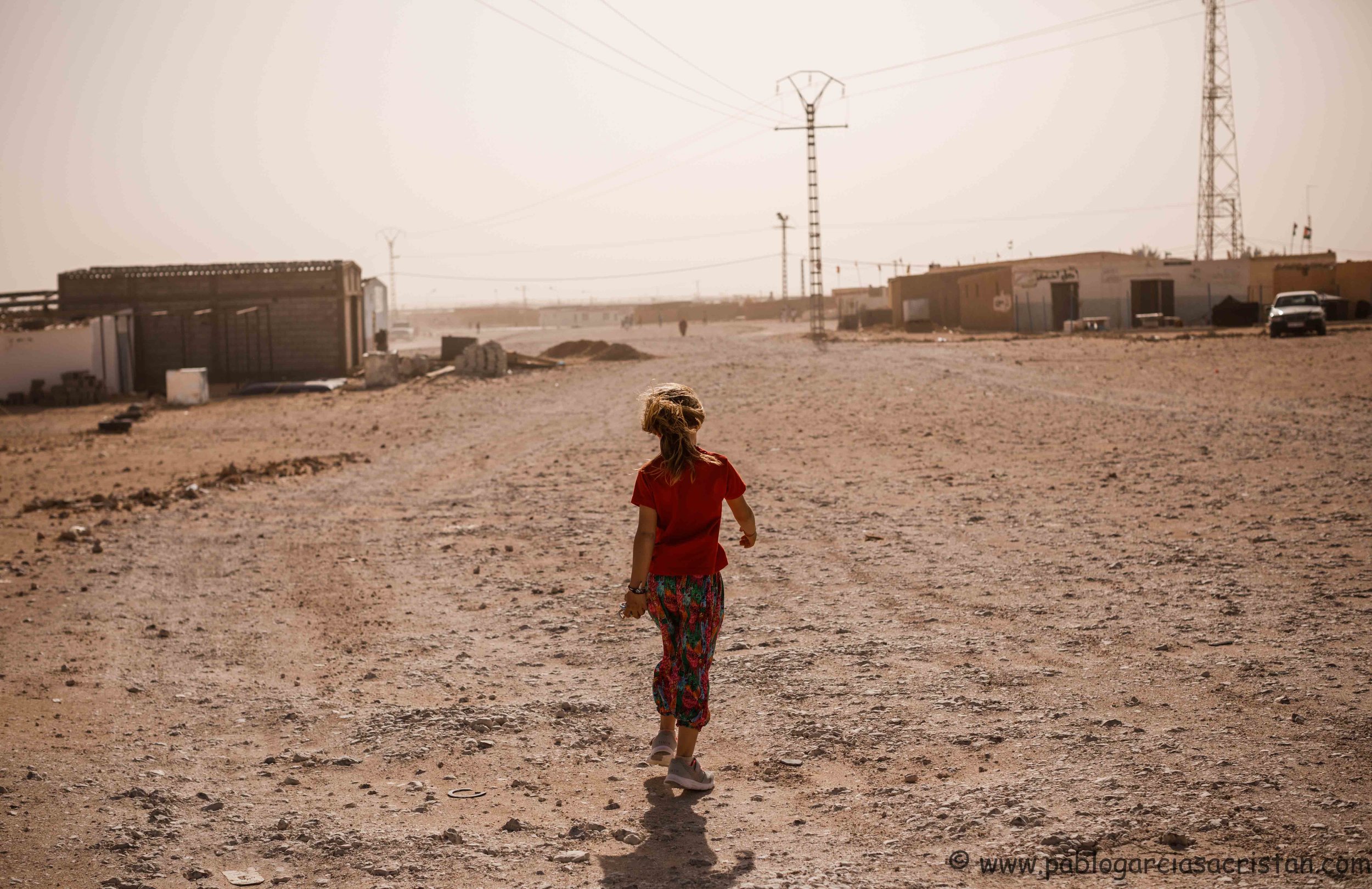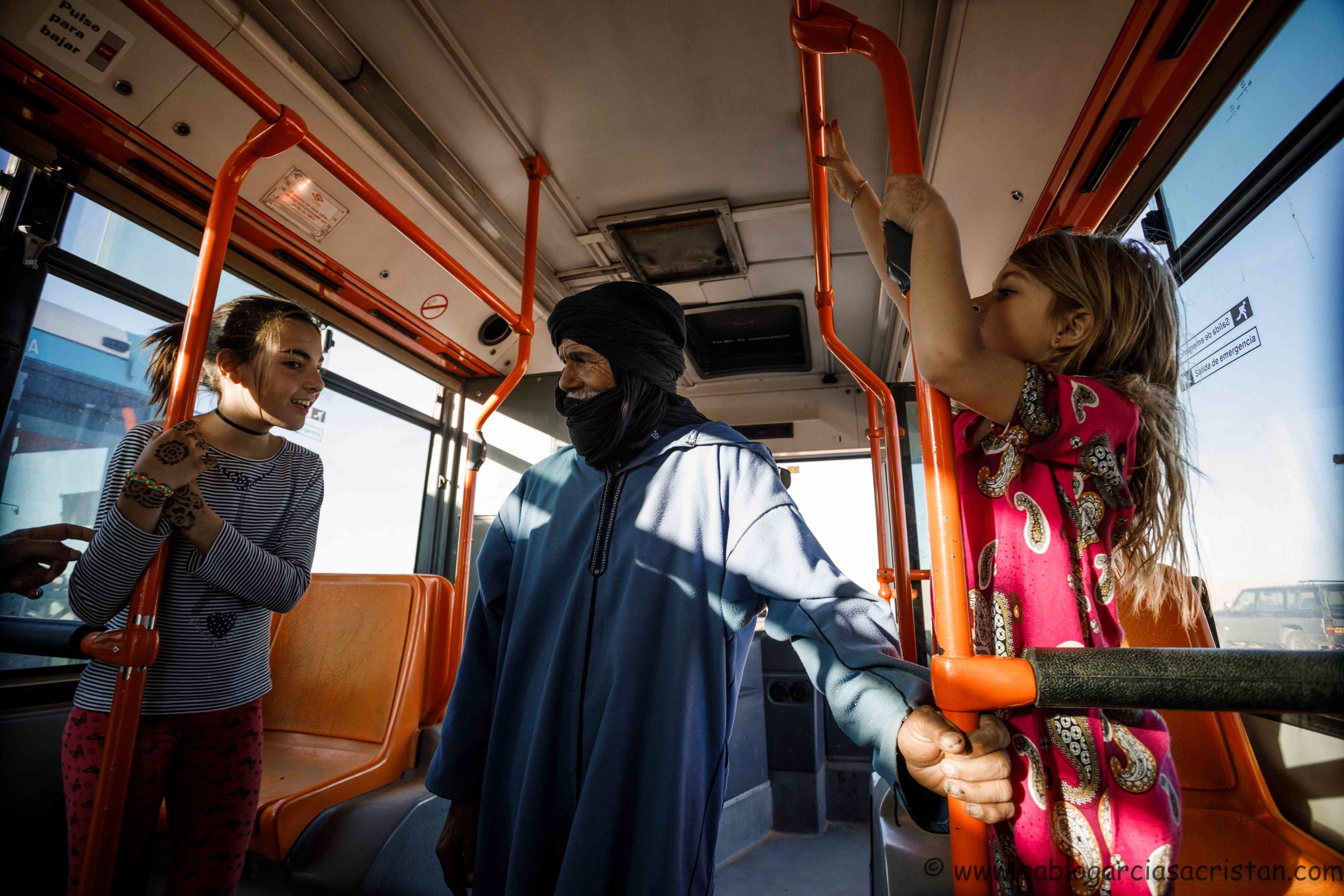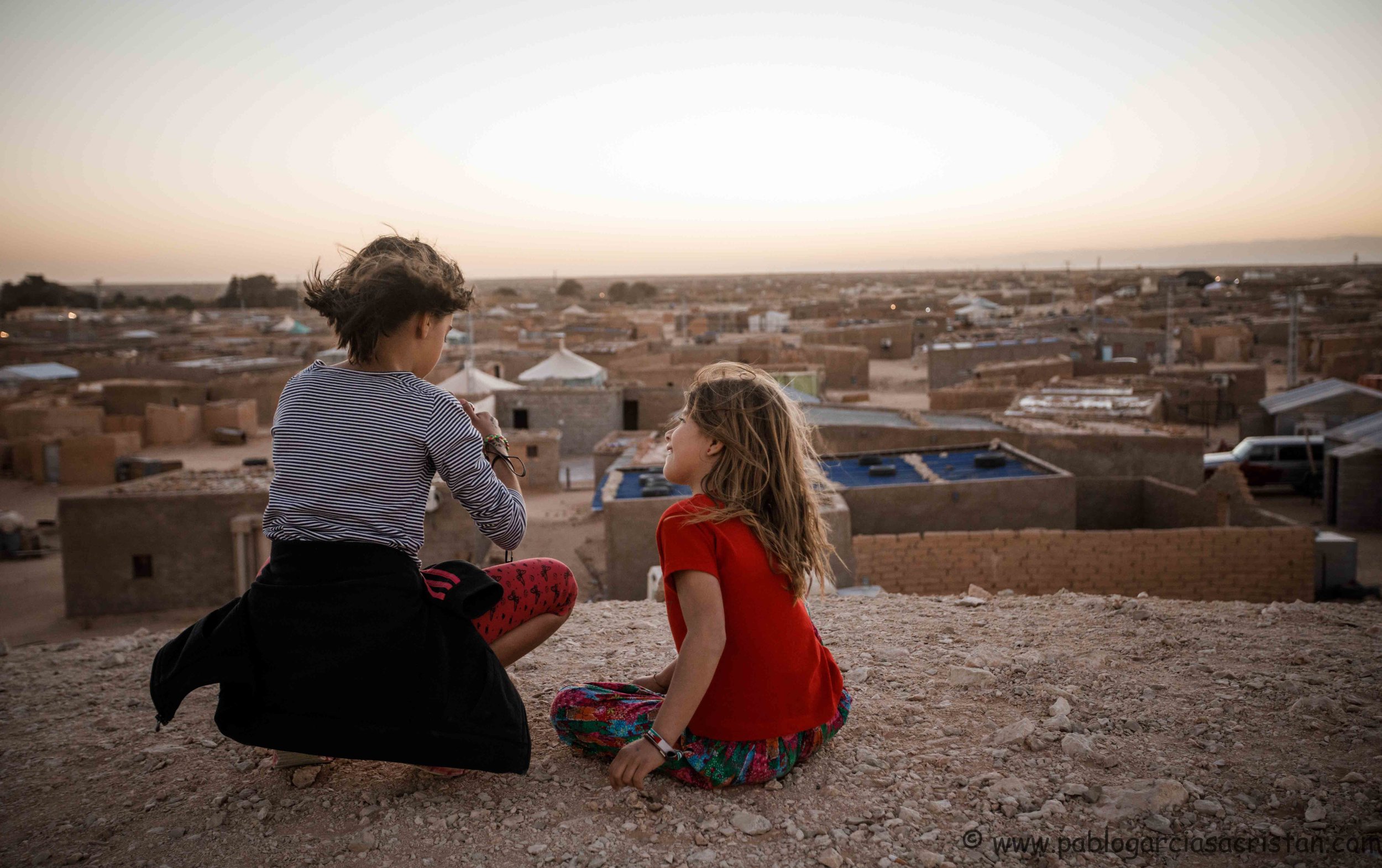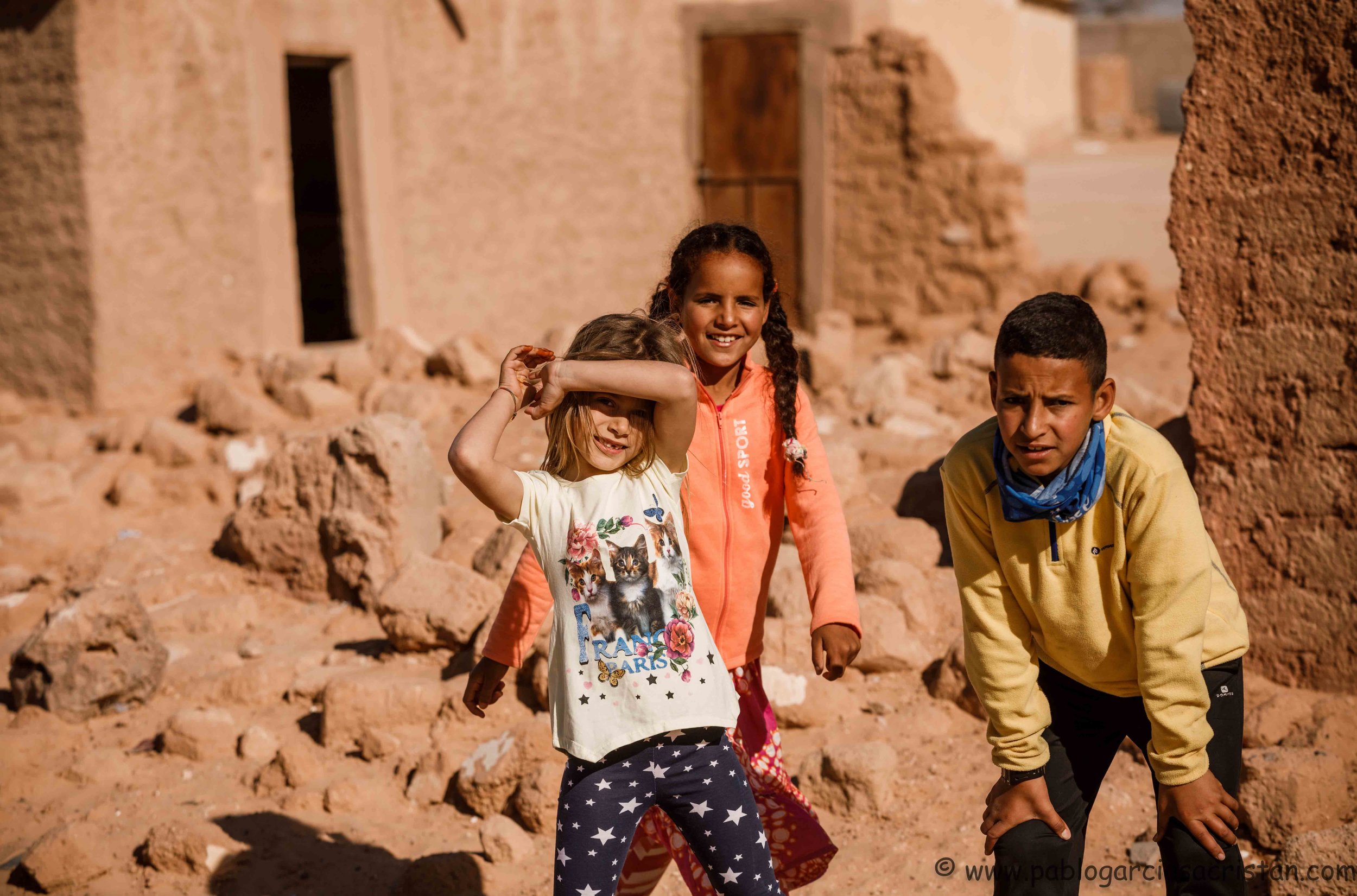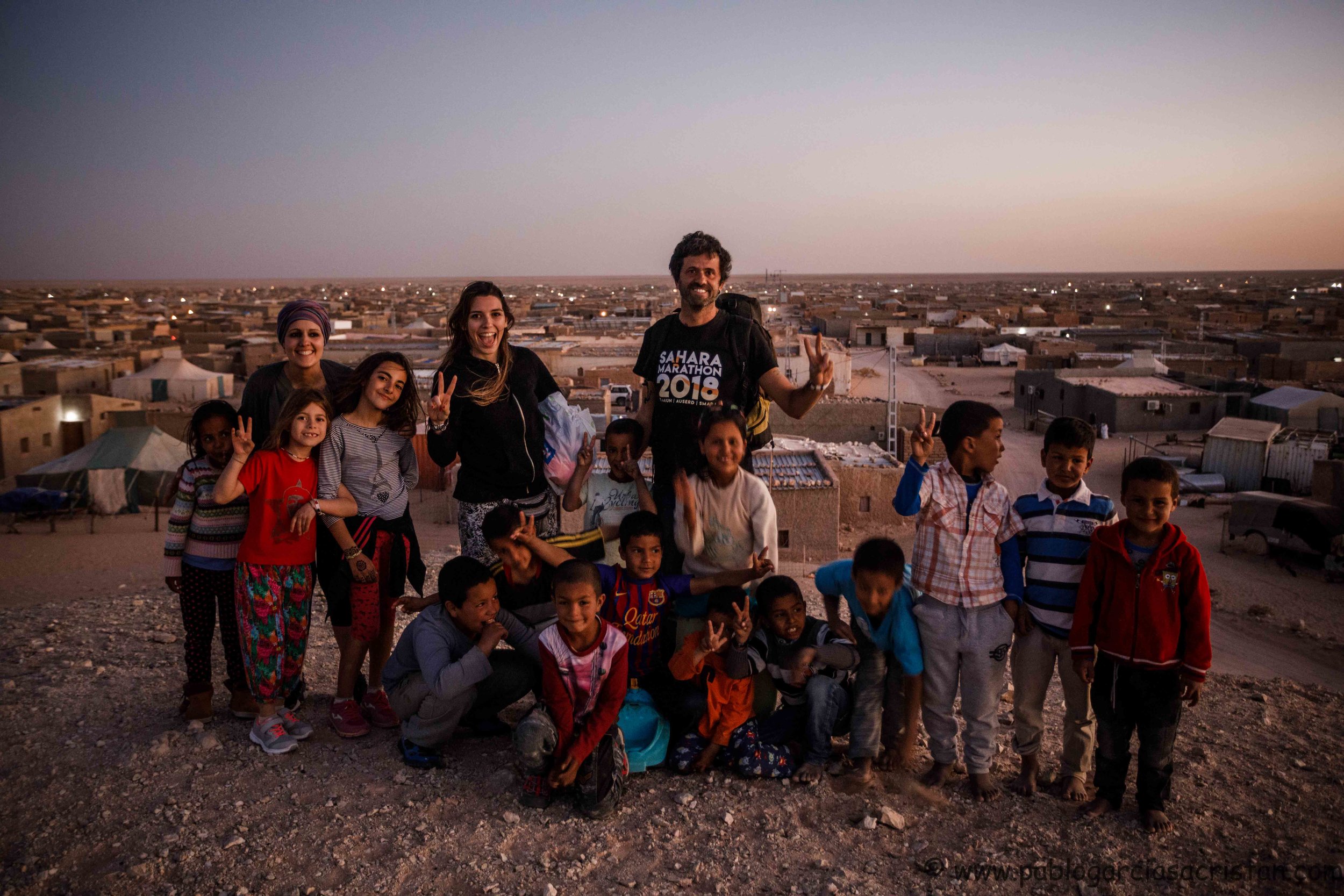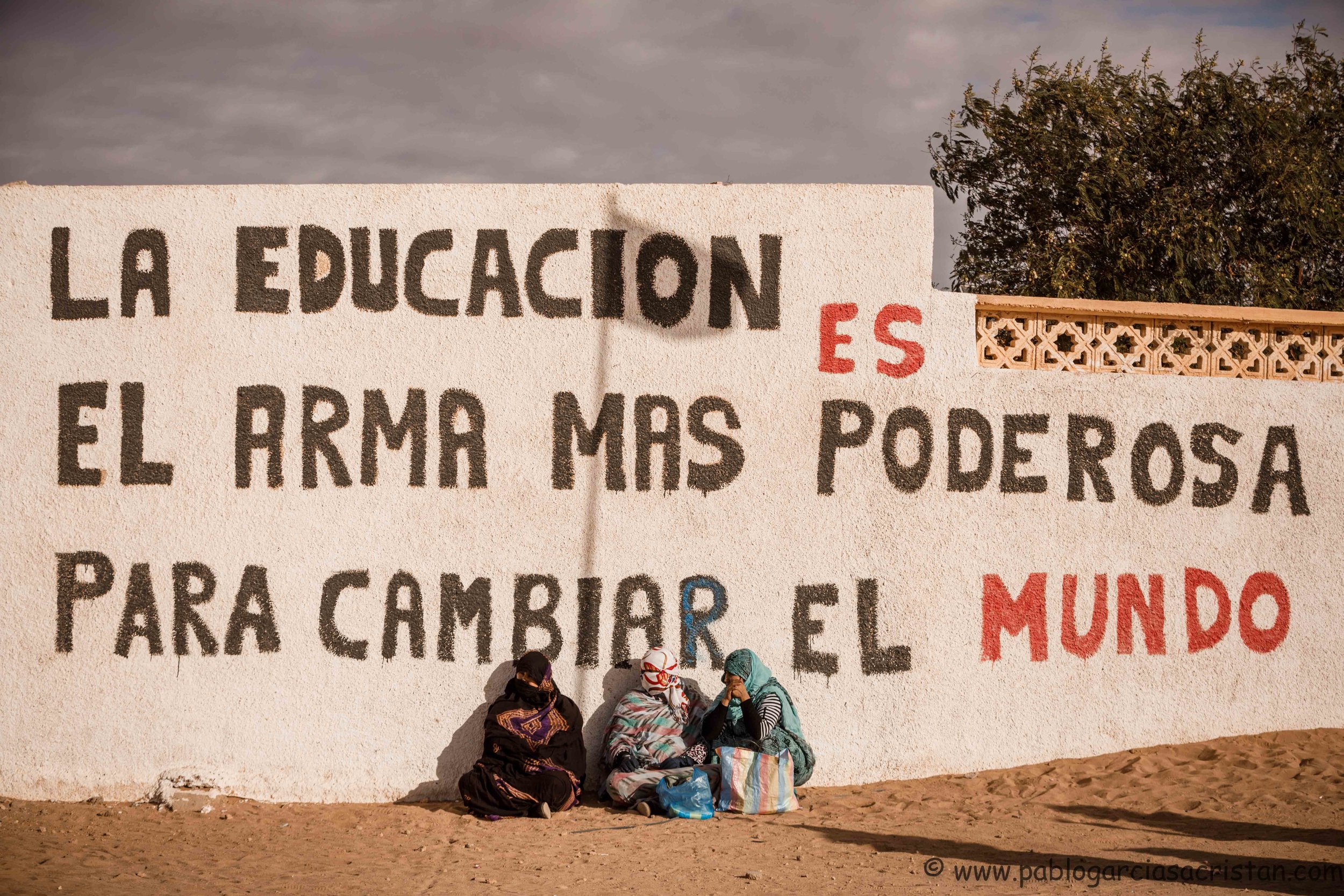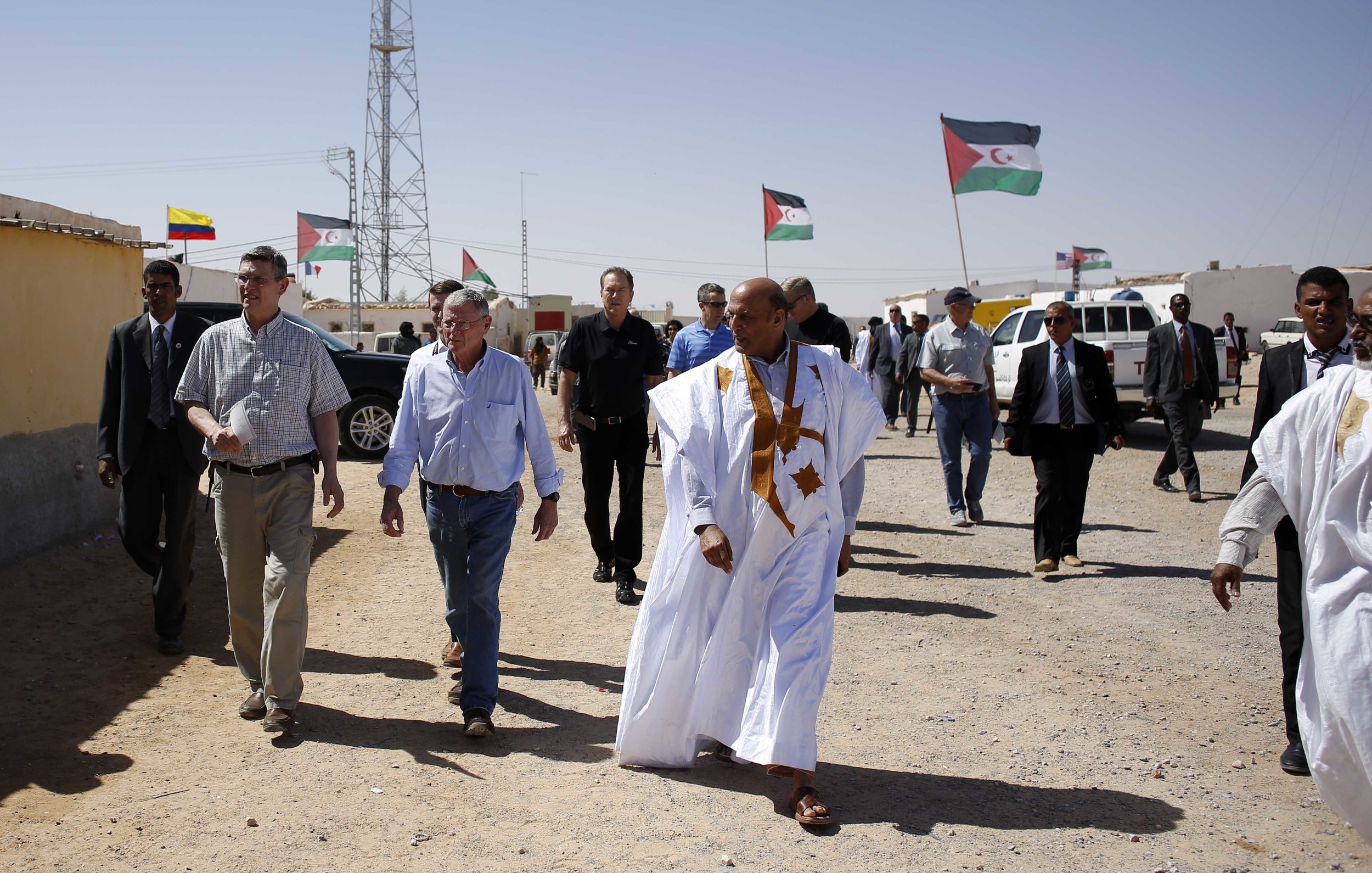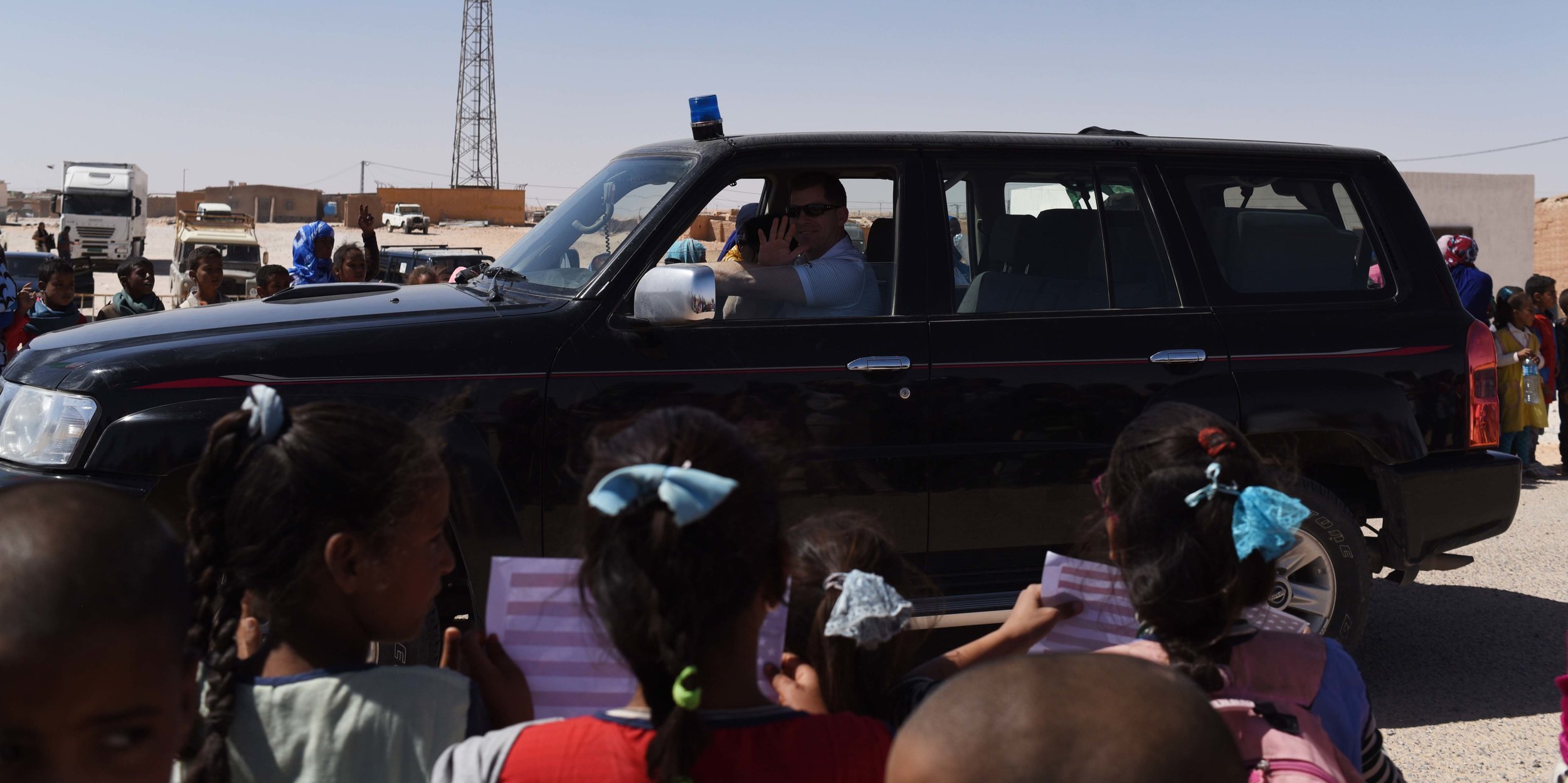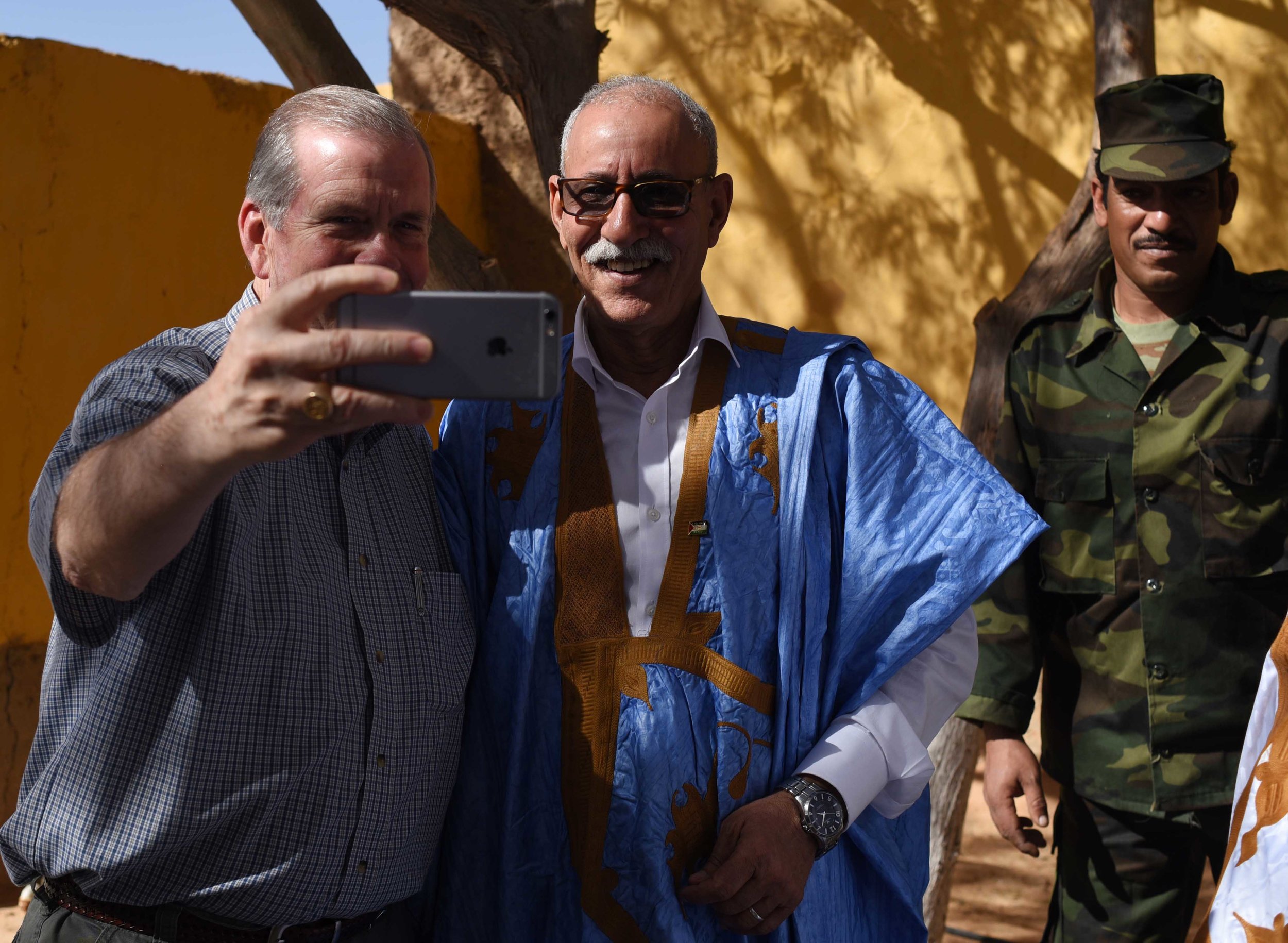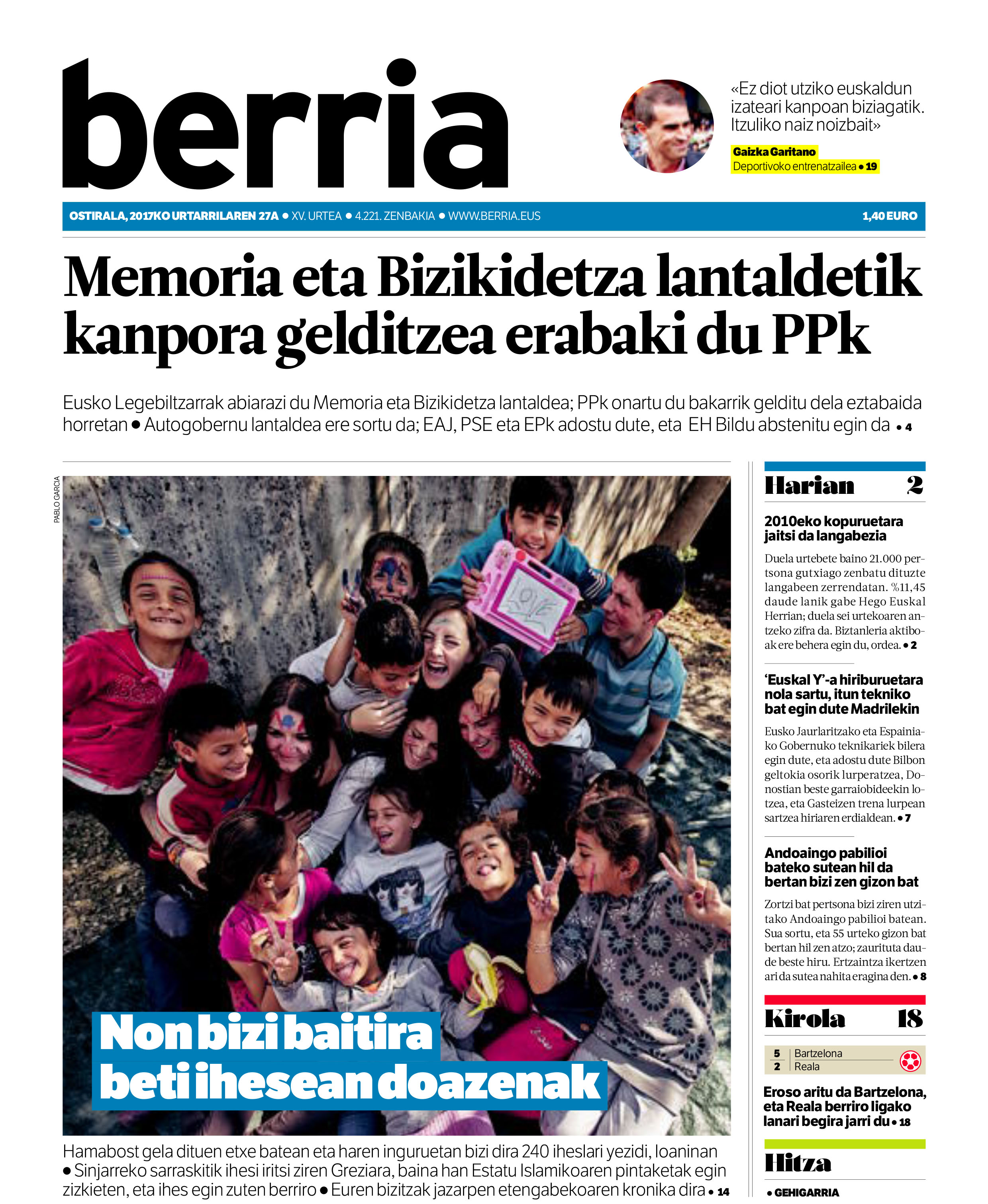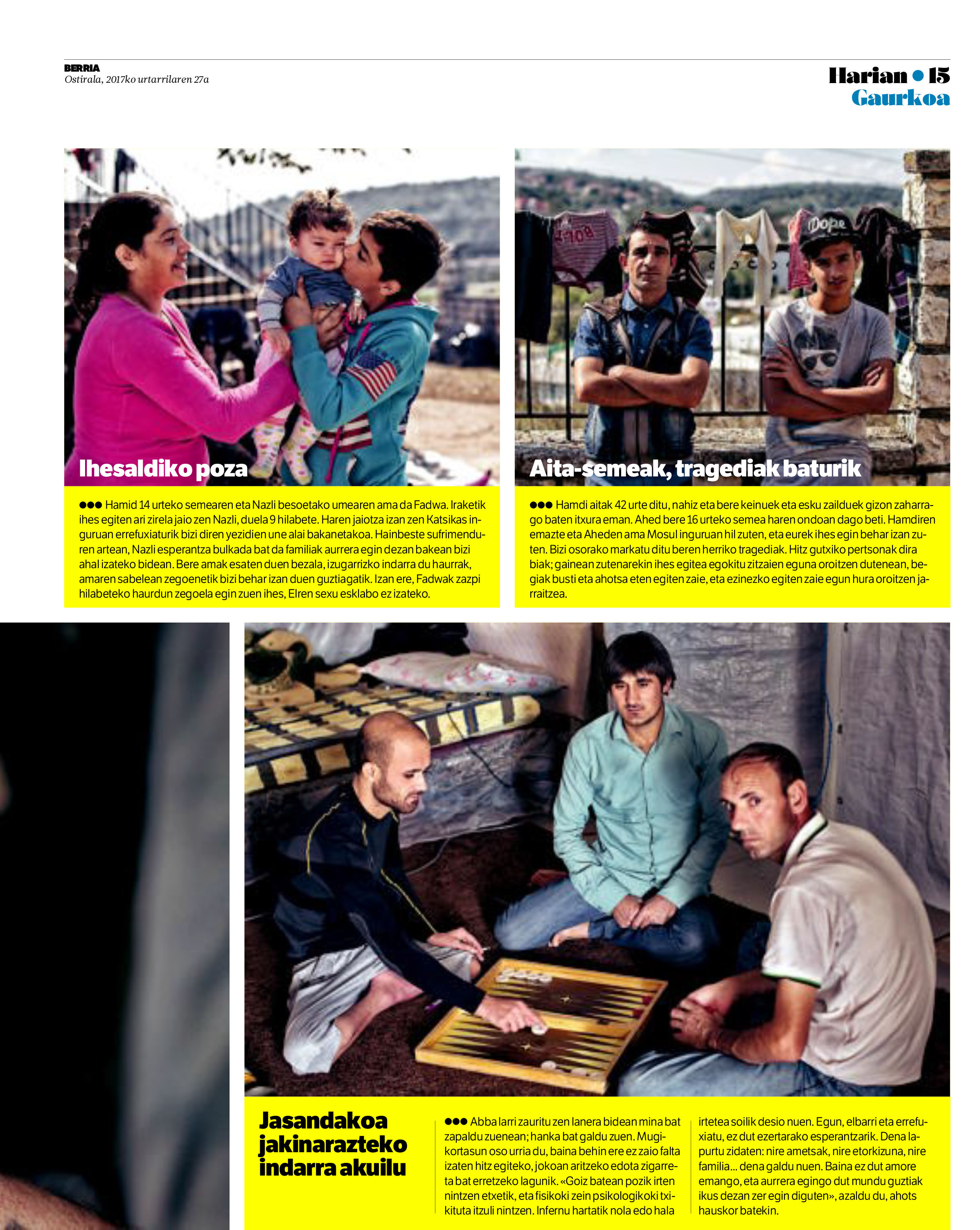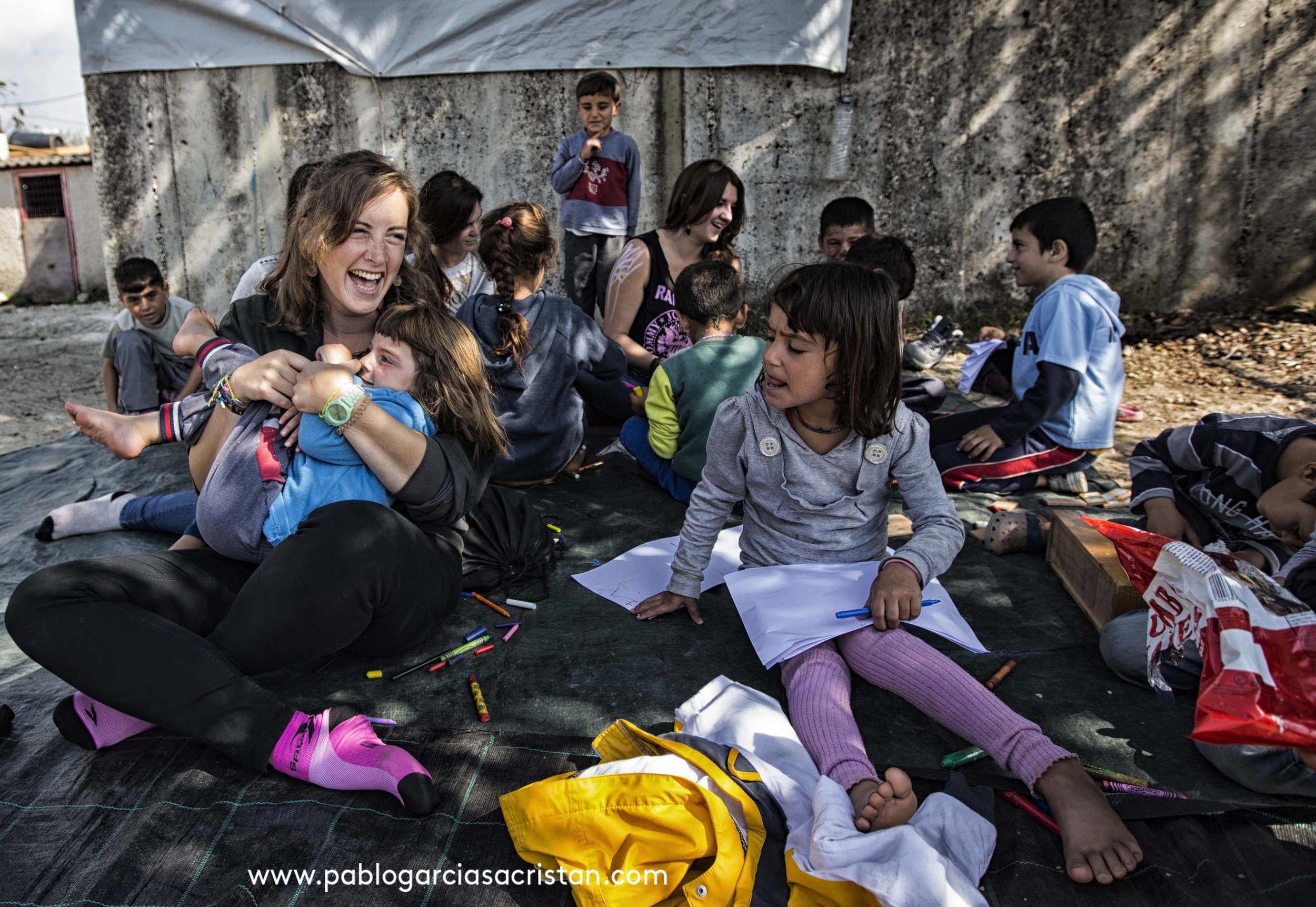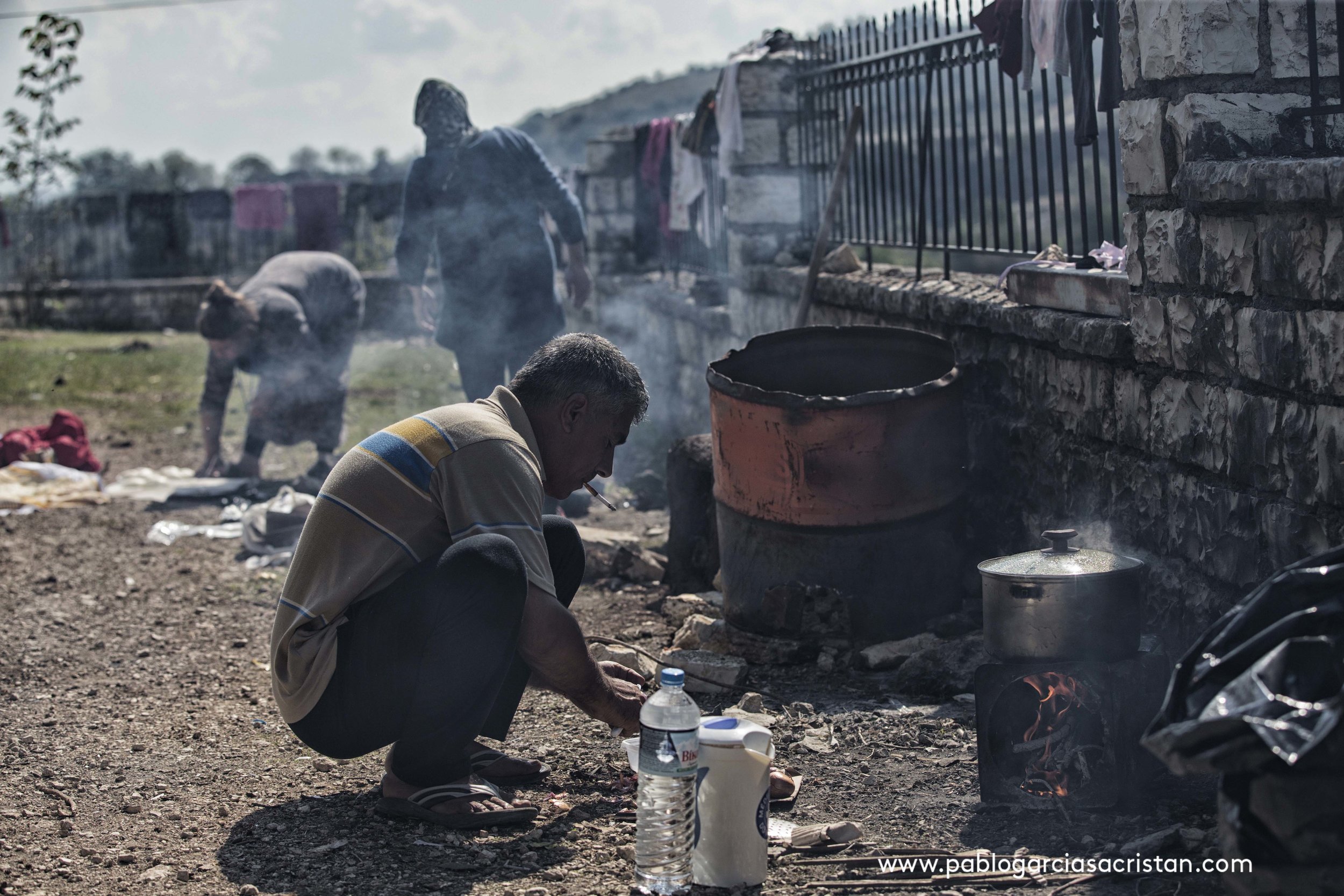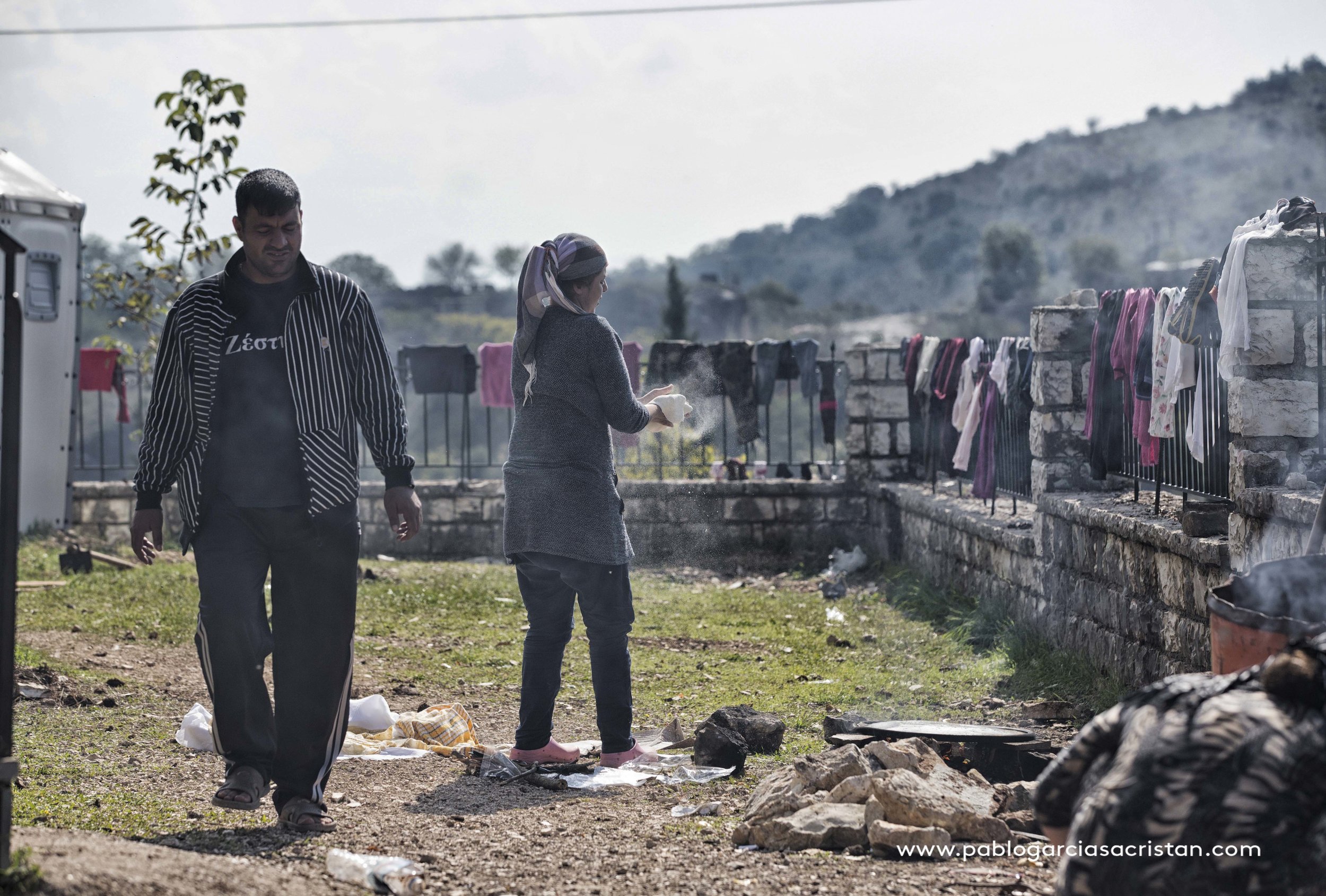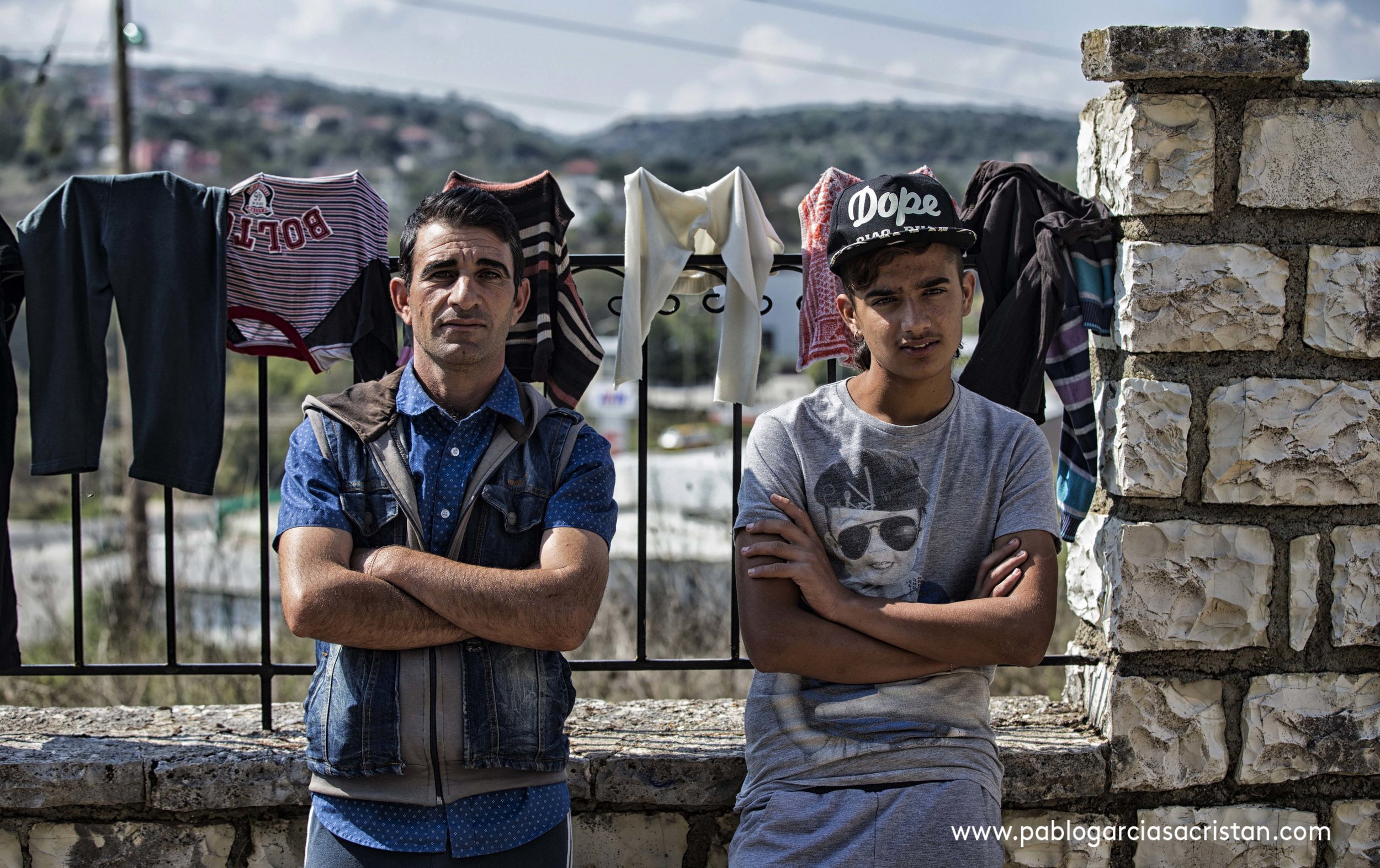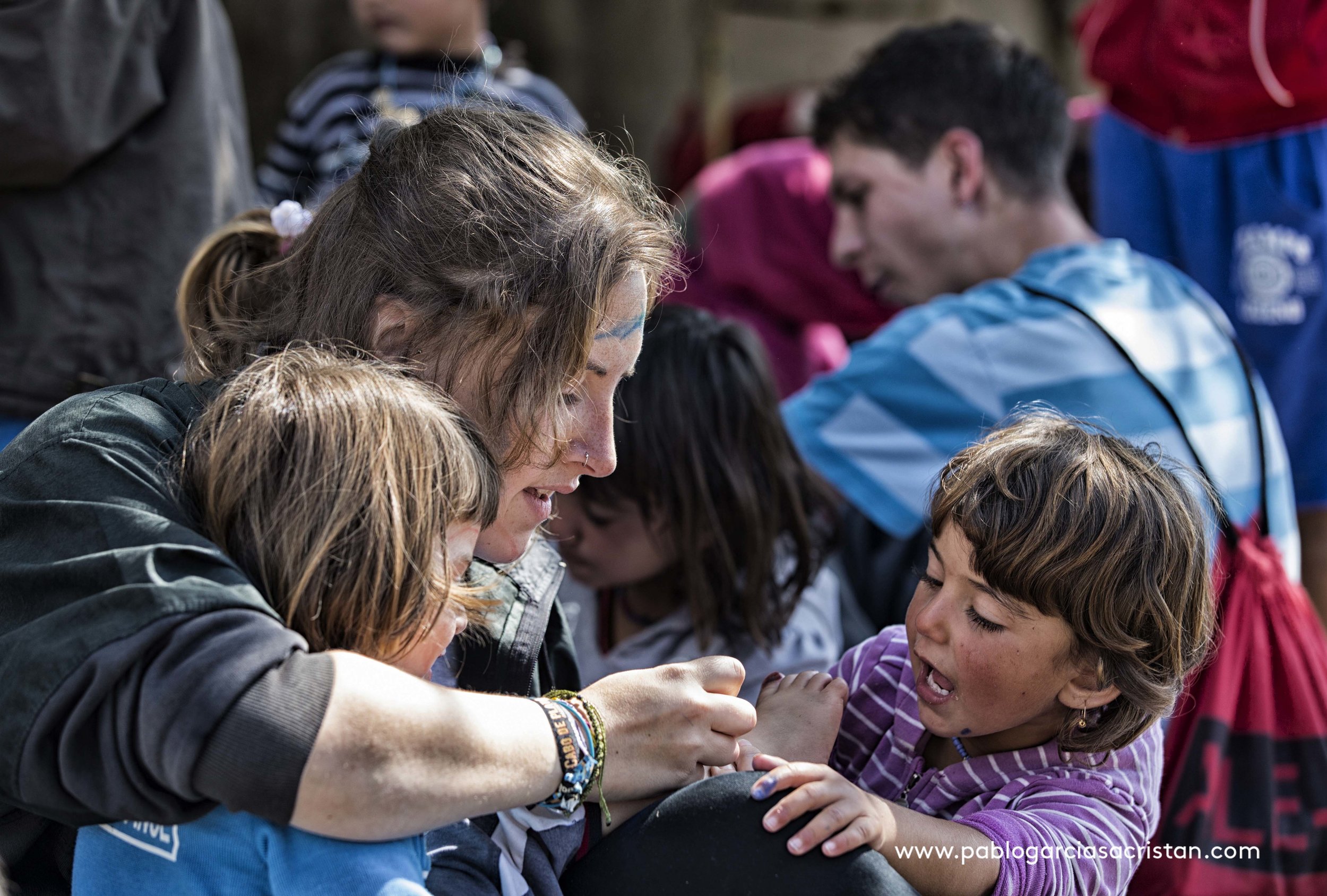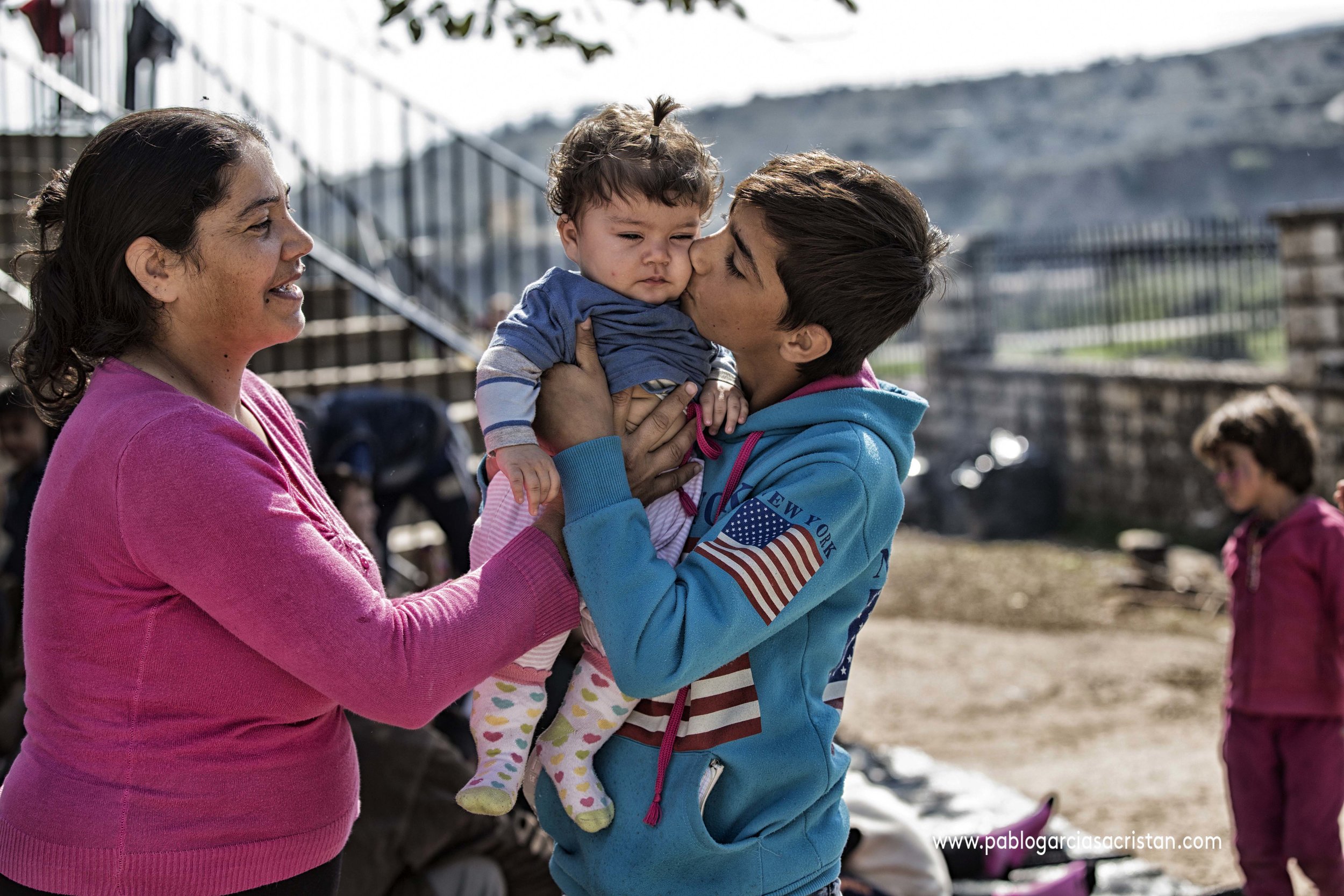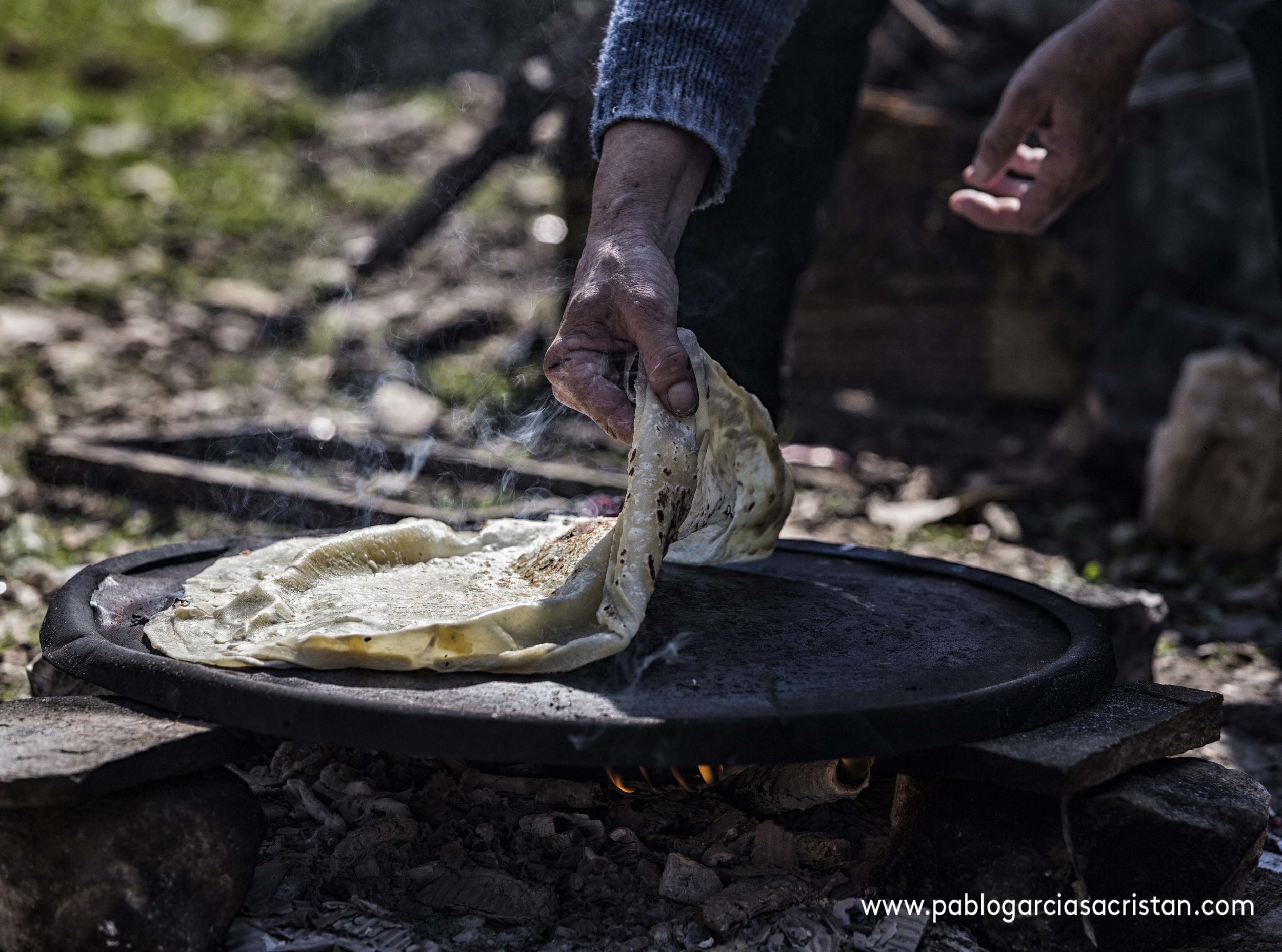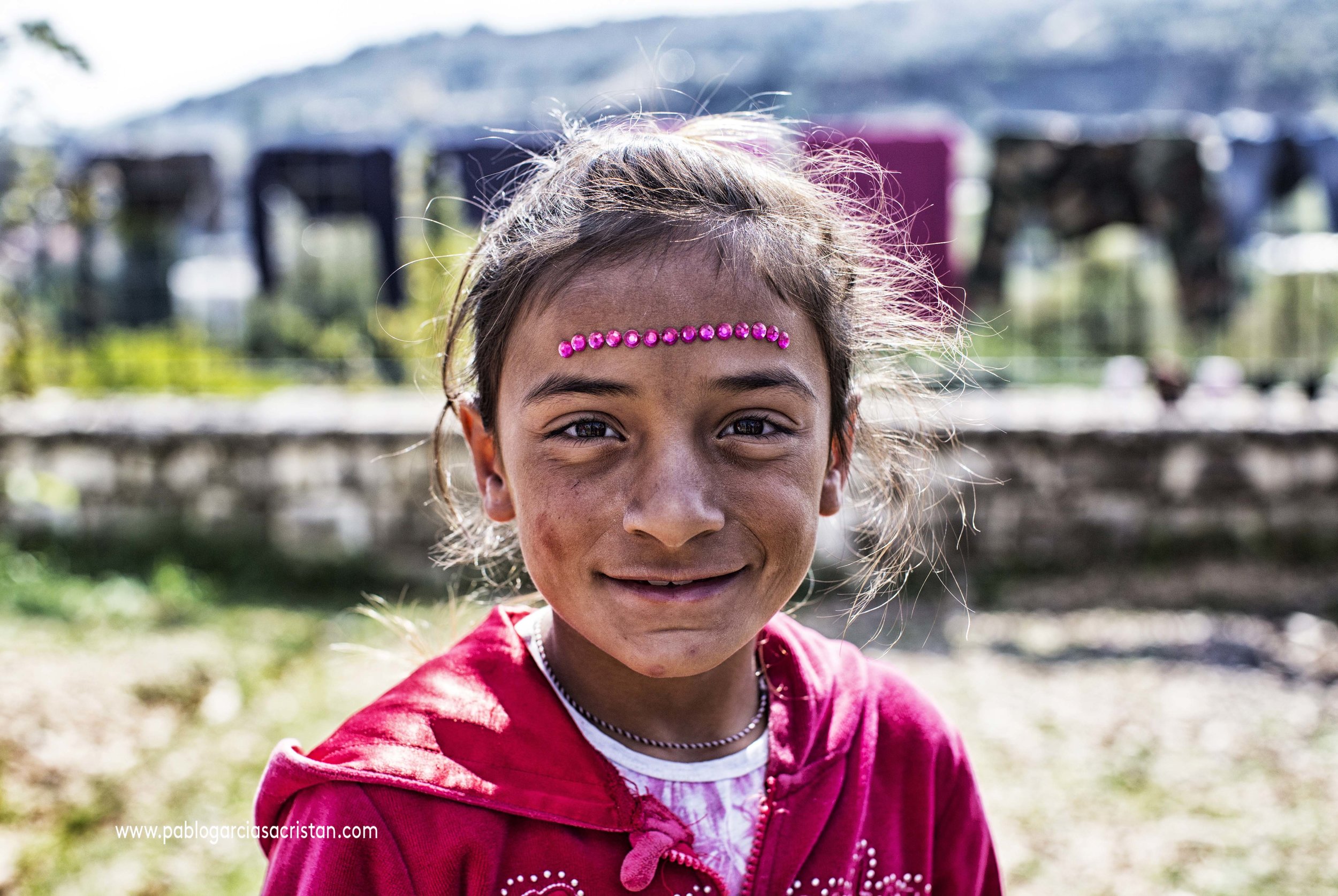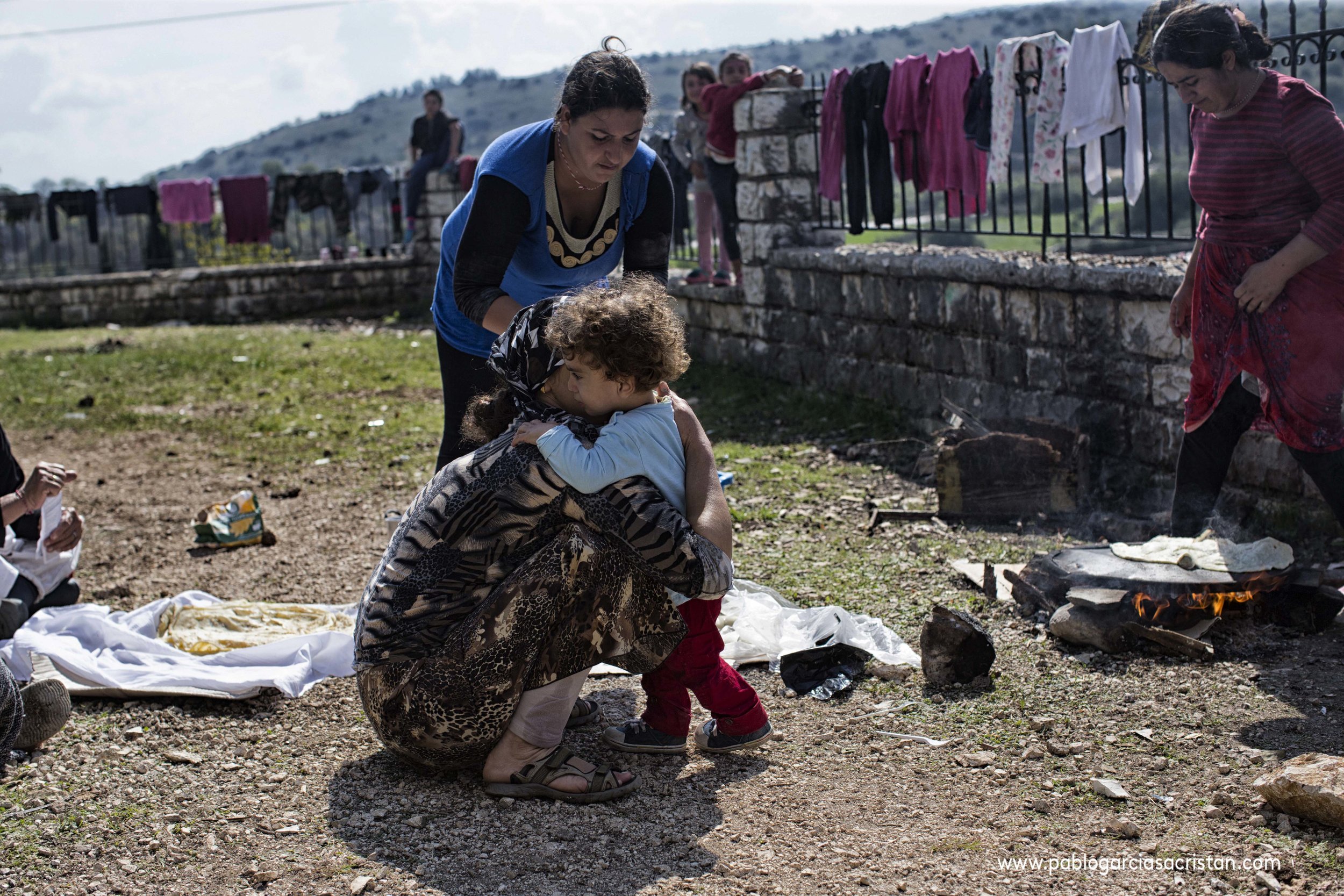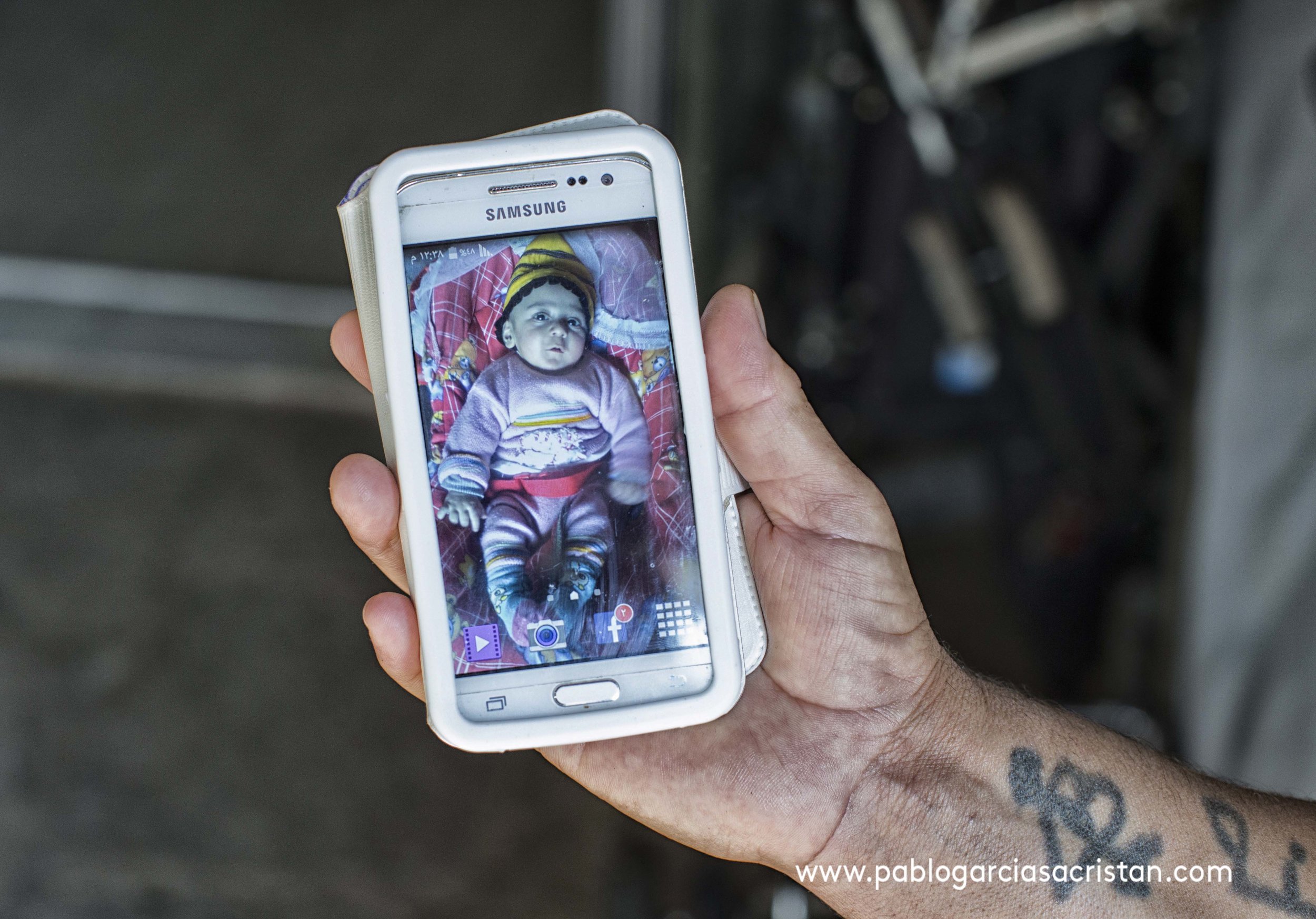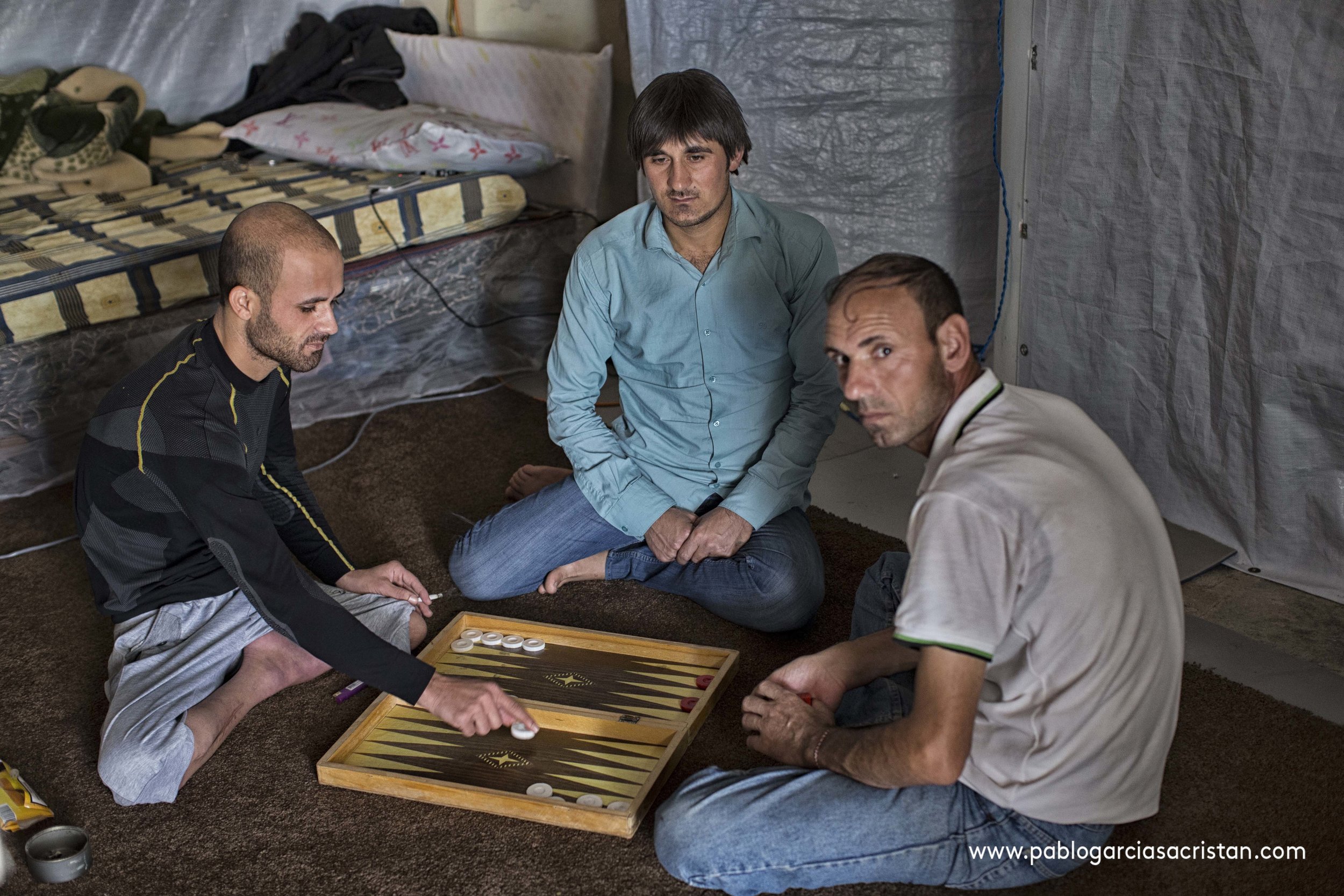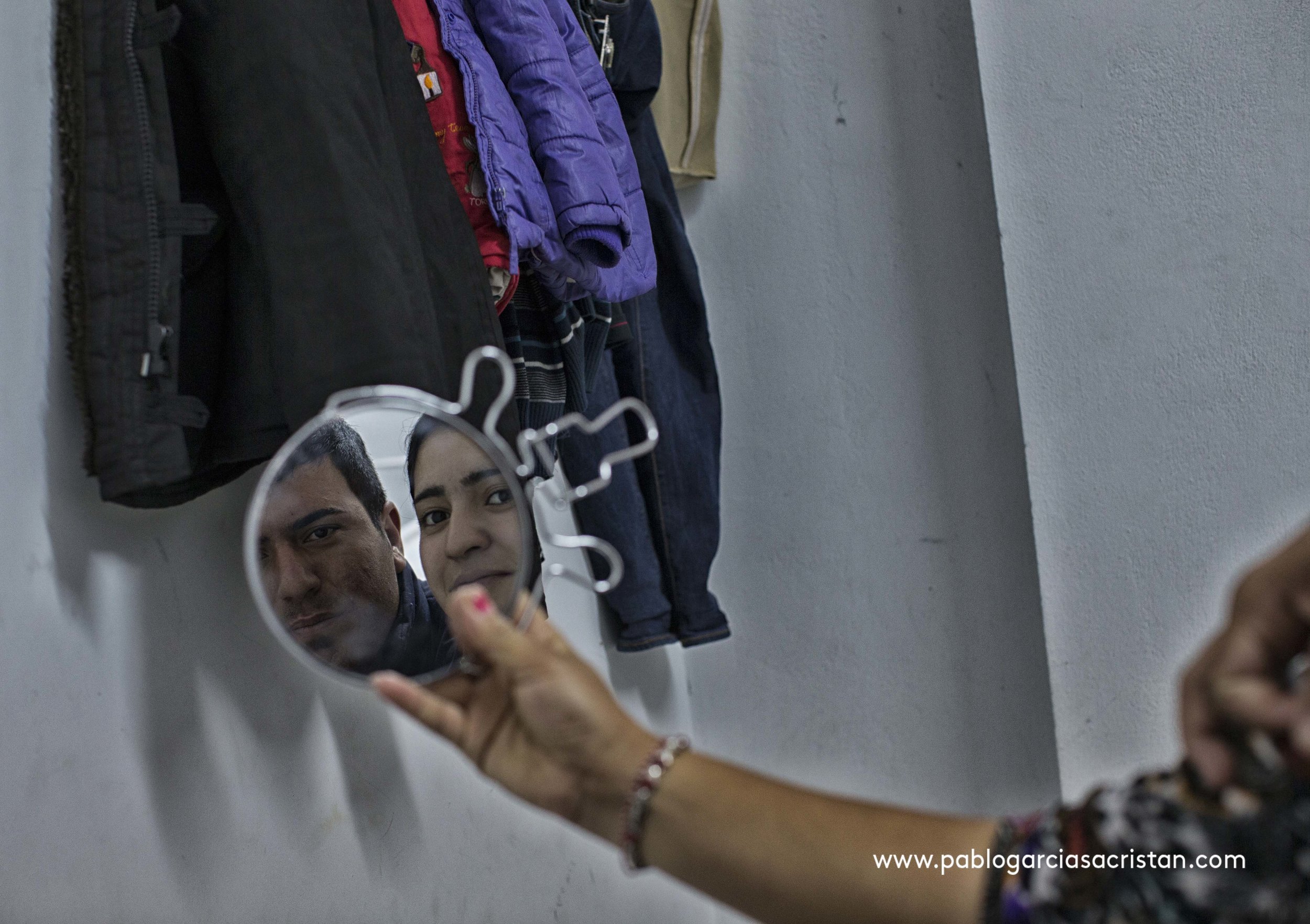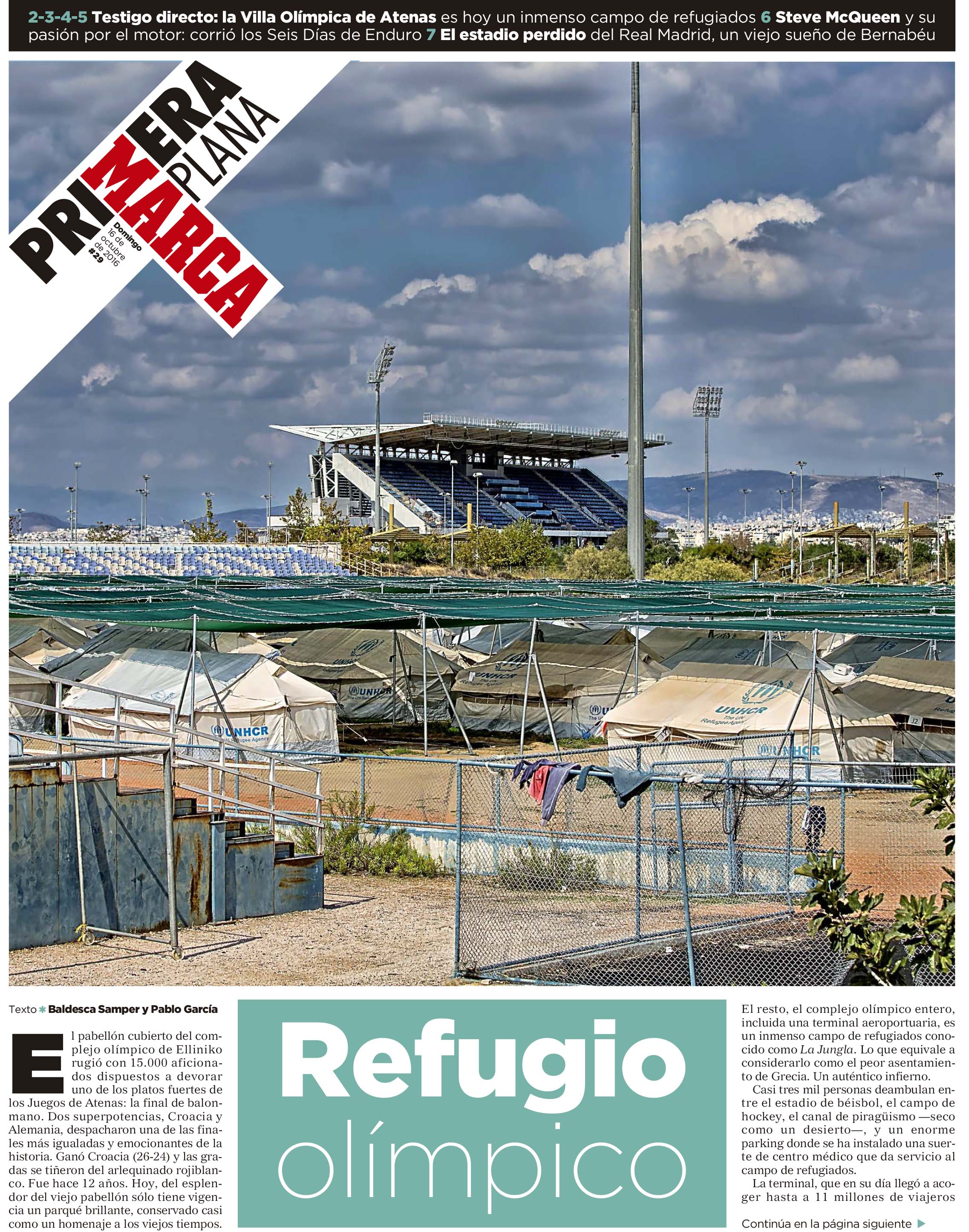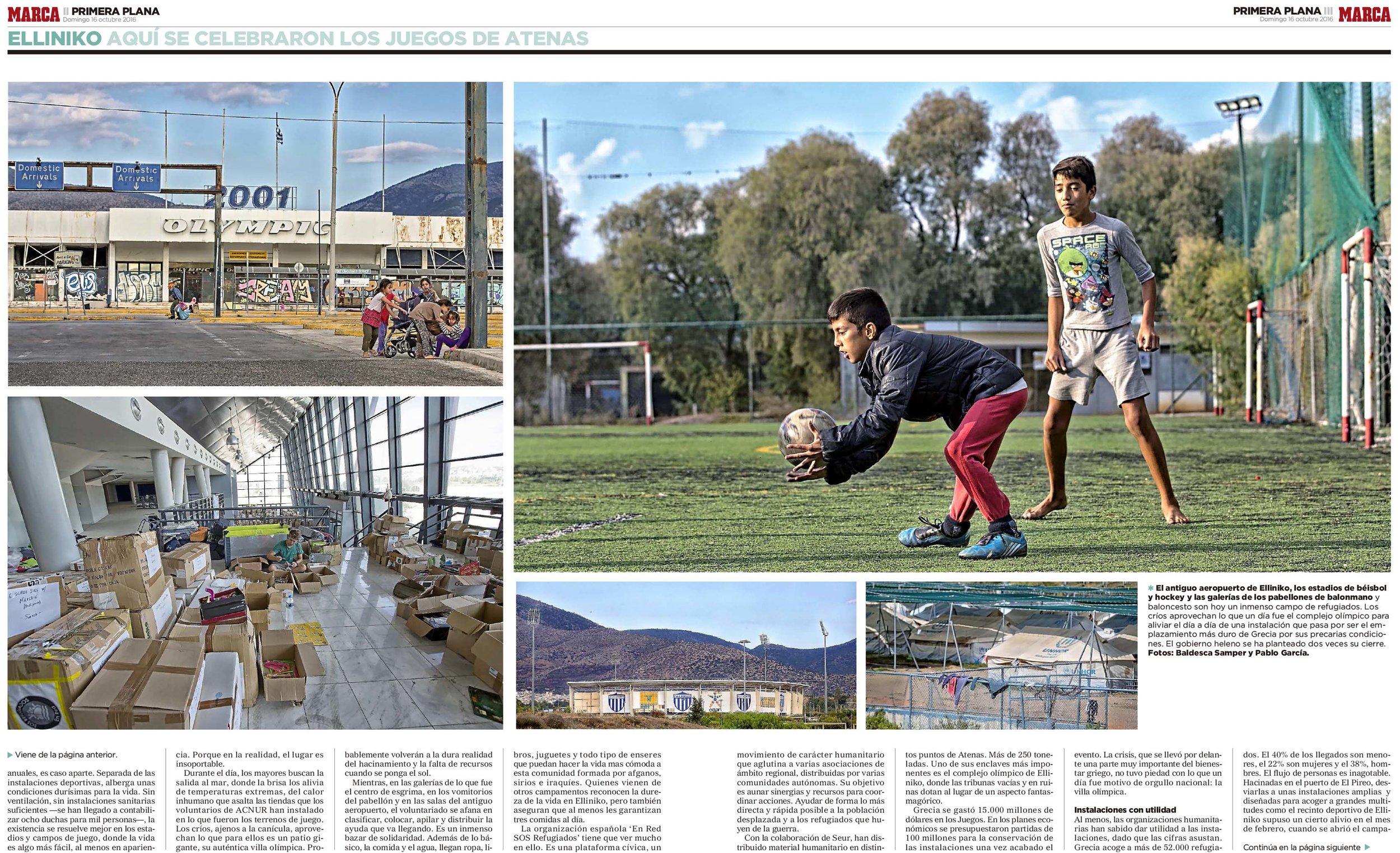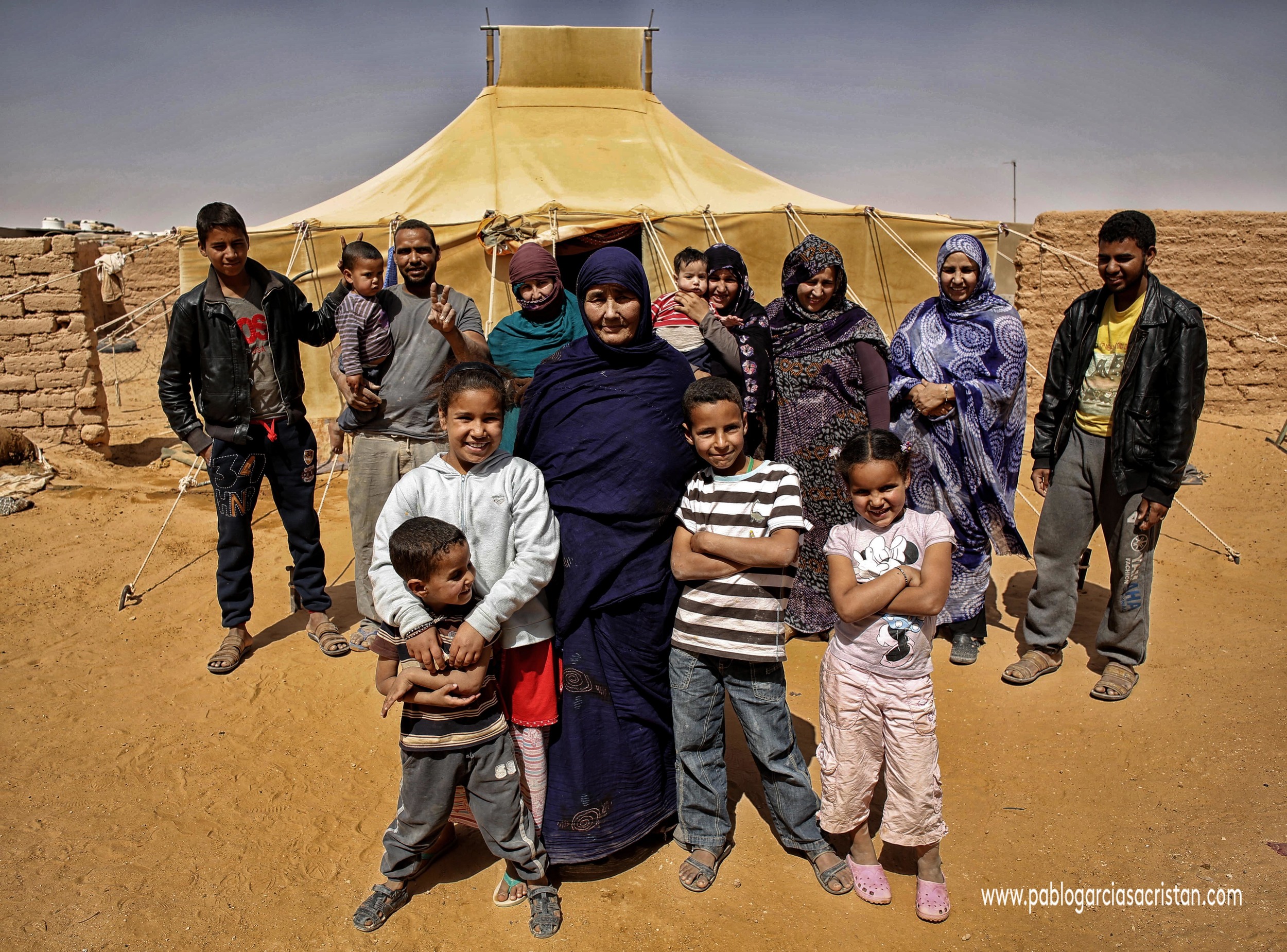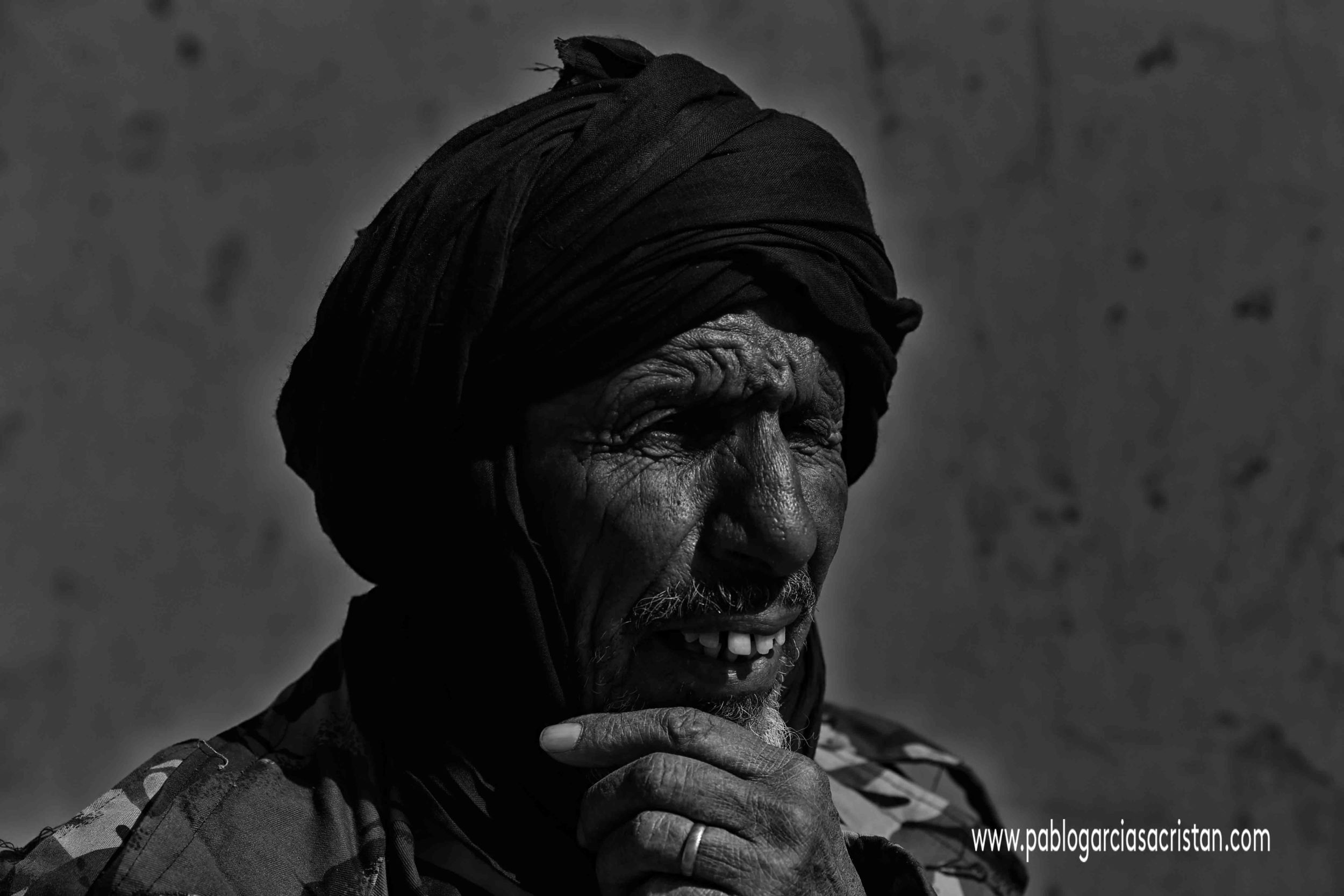YAZIDÍES
Nos encontramos en Lousa, una casa de unas 15 habitaciones donde viven escondidos y hacinados unos 240 yazidies que escaparon de la barbarie y el terror de morir asesinados por el ISIS en el norte de Irak. Los yazidies son una religión minoritaria que a lo largo de su historia ha sido perseguida con vehemencia por ser considerados unos adoradores del diablo. Los cálculos más o menos veraces indican que la comunidad yazidí está formada por aproximadamente unas 700000 personas, de las cuales 500000 están asentadas en el norte de Irak, en la provincia de Ninive, con Mosul como ciudad más importante donde residen. Está religión que se tienen conocimiento de ella desde 2000 a.c. consideran sagrados los siete ángeles en los que Dios confió los asuntos del mundo y dan la importancia mayor a Malak Tawus, también llamado el ángel Pavo Real, por lo que tanto para musulmanes como cristianos ese Pavo Real es la imagen de Satanás o el diablo Lucifer, y por ello durante toda la historia han sido perseguidos y apartados de las diferentes sociedades. Para los yazidíes este ángel es el más importante porque lo creo Dios a partir de su iluminación, por lo que fue el primero y después vinieron los otros seis, pero según cuentan Malak Tawus se negó a reverenciar a Adan cuando se lo ordeno Dios por lo que fue castigado enviándole al infierno, por eso son considerados los adoradores del Diablo. Además de eso, los yazidies creen firmemente en que las almas pasan por distintas formas humanas, ellos las denominan “cambios de ropa”. Sinjar o en kurdo, Shingal es el monte sagrado para los yazidís y al pie de su ladera se encuentra la ciudad junto con los alrededores donde un fatídico 3 de agosto de 2014 el EI después de hacerse con la ciudad de Mosul y de que los Peshmerga kurdos que eran los que defendían la ciudad se retiraran por el avance del EI a posiciones con mayores garantías de éxito se produjo allí una autentica matanza cuando los yihaidistas entraron a sangre y fuego con la intención de acabar con todo y con todos, se calcula que en un día murieron asesinados unas 3000 personas entre hombres mujeres y niños,
Cuando el ISIS en Julio de 2014 declaró el califato de la zona, todas las religiones minoritarias fueron perseguidas, y las que atacaron con mayor vehemencia fueron a los yazidies por considerarlos infieles al no querer convertirse al Islam, por lo que en el norte de Irak el ISIS asesinó a sangre fría a muchos hombres y a las mujeres y niñas las secuestraban para venderlas como esclavas sexuales entre los propios combatientes o hombres ricos de la zona que las quieren como juguetes sexuales o incluso para formar familias dejándolas embarazadas.
La ONU ha tardado muchísimo en declarar las atrocidades a la etnia Yazidí cometidas por el EI y en junio de 2016 reconoció en su comisión de investigación que todos los crímenes formaban parte de un genocidio, después de entrevistar con númerosas personas yazidies que contaban los horrores por los que habían pasado.
Después de pasar todas las penurias imaginables, en Lousa han llegado cuando ya se consideraban a salvo en el campo de refugiados de Katsicas, en la ciudad de Ioannina, pero todo cambió una mañana que al levantarse vieron como en una de sus tiendas alguien había pintado el símbolo del EI, por lo que toda la comunidad yazidí al completo decidió salir de dicho campo al temer por sus vidas y Acnur les alojó en la la casa de Lousa a ellos solos, con el consiguiente hacinamiento, y unos voluntarios venidos de diferentes puntos del estado se dedican a hacerles la vida un poco más fácil y llevadera mientras esperan, ya demasiado tiempo a que la unión europea por fin les de asilo en algún país como refugiados que escapan de la muerte segura tanto en Irak como en Siria.
Gracias a esos voluntarios pude entrar con ellos para poder ver las condiciones en las que vivían y lo que más impactaba al llegar por un camino terregoso y estrecho a la finca eran las sonrisas de los niños unidas a unos ojos que denotaban una tristeza máxima por lo que habían tenido que pasar y ver mientras escapaban de sus vidas y de sus casas, algo que ningún niño en ninguna parte del mundo debería ver nunca. Veían a los voluntarios y sus abrazos y juegos les hacían olvidar mientras se pintaban la cara o jugaban a correr por los alrededores, la tragedia por la que están pasando.
Las personas mayores con las que pude intercambiar palabras solo eran amabilidad y ofrecimiento de todo aun sabiendo que no tenían nada, es una sociedad muy muy humilde y acogedora que interpretan todos los adultos el papel a la perfección de Roberto Benigno en “La Vida es bella” para minimizar el dolor de los refugiados más pequeños. Pero en sus rostros, en sus manos, en su manera lenta y pausada de caminar solo se ve a personas rotas por el dolor y con una autoestima por los suelos.
Una madre y un padre se me acercaron y me pedía ayuda para intentar encontrar a su bebé desaparecido del que solo tenían una foto en el móvil, todo ello transcurría mientras me ofrecían de comer un trocito de su manzana. Contaban que había sido capturado cuando escapaban y no saben nada de su paradero. Cada familia que allí se encuentra da gracias a la vida por estar viva pero todos absolutamente todos han perdido a alguien en el camino y eso es imposible olvidar. Contaban que sus únicos recuerdos que tienen son las fotografías que guardan en los teléfonos o colgadas en alguna pared de la estancia donde duermen y que guardan como oro en paño, por que la memoria y el recuerdo según dicen, nunca lo van a perder.
La comunidad vive como un colectivo donde hombres y mujeres se reparten las tareas propias de una casa, ya sea cocinar, que se hace para todos la misma comida y son ellos mismos los que se encargan de elaborarla, a base de pan y y guisos de pollo generalmente. O limpiar que tienen un concepto muy arraigado de que la higiene puede prevenir posibles contagios a los niños que estando tan desfavorecidos puede ser de mucho riesgo para la salud, y es algo que los voluntarios recalcan con frecuencia. No solamente los niños reciben una atención especial por parte de los demás miembros de la comunidad, también hay personas como el caso de Abba, que perdió una pierna y quedó malherido de la otra después de pisar una mina al ir al campo a trabajar y su capacidad de movimientos es muy reducida porque lo que pasa los días dentro de una habitación jugando a juegos de mesa o hablando con los demás compañeros que acuden a menudo a pasar el tiempo junto a él mientras disfrutan de uno de sus únicos placeres, que es fumarse un cigarrillo. “Una mañana yo salía de casa feliz y volví destrozado física y psíquicamente y solo deseaba escapar fuera como fuera de aquel infierno, estando invalido y refugiado no tengo esperanza de nada, me robaron todo, mis sueños, mi futuro, mi familia, todo lo perdí, pero no me voy a rendir y seguiré hacia adelante para que el mundo pueda ver lo que nos han hecho” esas eran sus palabras de desolación ante tanta crueldad cuando dejó un momento la partida para poder explicarse con la voz entrecortada.
El tiempo allí, digamos, que no pasa despacio, directamente no pasa, solo esperan y esperan que les llegue una solución para poder recuperar en la medida de lo posible sus maltrechas vidas en paz y sin tener miedo de que cada día pueda ser el último, porque alguien los persiga hasta matarlos por su forma de vivir y de pensar. Las noches en Lousa nunca son silenciosas, siempre se escuchan llantos y gritos provenientes de pesadillas de los allí presentes que no pueden olvidar lo pasado desde que comenzara su huida sin destino hacia Europa, una Europa que ahora quiere mirar hacia otro lado como si no pasara nada una vez que los considera a salvo en campos de refugiados que son una auténtica indignidad para la vida humana.
YAZIDÍES
We are in Lousa, a house of about 15 rooms where they live hidden and crowded about 240 yazidies who escaped the barbarism and terror of being killed by the ISIS in the north of Iraq. The Yazidies are a minority religion that throughout its history has been persecuted vehemently for being considered devil worshipers. More or less accurate estimates indicate that the Yazidí community consists of approximately 700,000 people, of which 500,000 are based in northern Iraq in Ninive province, with Mosul as their most important city. This religion has been known since 2000 a.c. They consider the seven angels sacred in which God entrusted the affairs of the world and give greater importance to Malak Tawus, also called the Angel Peacock, so that for both Muslims and Christians that Peacock is the image of Satan or the devil Lucifer , And for that reason throughout history they have been persecuted and separated of the different societies. For the Yazidis this angel is the most important because God created it from its enlightenment, so it was the first and then came the other six, but as they say Malak Tawus refused to reverence Adan when ordered by God for what Who was punished by sending him to hell, that's why they are considered the worshipers of the Devil. On top of that, yazidies firmly believe that souls pass through different human forms, they call them "changes of clothes". Sinjar or in Kurdish, Shingal is the sacred mount for the Yazidis and at the foot of its hillside you will find the city together with the surroundings where a fateful August 3, 2014 the EI after taking over the city of Mosul and that the Peshmerga Kurds who were defending the city to withdraw by advancing the IE to positions with greater guarantees of success there was a real killing there when the Yihaidists entered blood and fire with the intention of ending everything and everyone, it is estimated that In one day about 3000 people were killed among women and children,
When the ISIS in July 2014 declared the caliphate of the area, all minority religions were persecuted, and those who attacked most vehemently went to the Yazidies as being unfaithful to not want to convert to Islam, so in northern Iraq The ISIS murdered many men in cold blood and women and girls were kidnapped to sell them as sex slaves between the fighters themselves or wealthy men in the area who want them as sex toys or even to form families by making them pregnant.
The UN has taken a long time to declare the Yazidí atrocities committed by the EI and in June 2016 acknowledged in its commission of inquiry that all crimes were part of a genocide, after interviewing with numerous Yazidí people who counted the horrors by Those who had passed.
After having gone through all the hardships imaginable, in Lousa they had arrived when they were considered safe in the refugee camp of Katsicas, in the city of Ioannina, but everything changed one morning that when they got up they saw how in one of their tents someone had painted The symbol of the EI, so that the entire Yazidí community decided to leave the camp to fear for their lives and Acnur lodged them in the house of Lousa alone, with the consequent overcrowding, and volunteers come from different points Of the state are making life a little easier and bearable while they wait, too long for the European Union to finally give them asylum in some country as refugees escaping from certain death in both Iraq and Syria.
Thanks to these volunteers I was able to enter with them to be able to see the conditions in which they lived and what most impacted when arriving by a narrow and narrow way to the farm were the smiles of the children united to eyes that denoted a maximum sadness by what Who had had to come and see as they escaped their lives and their homes, something no child anywhere in the world should ever see. They saw the volunteers and their hugs and games made them forget while they painted their faces or played to run around, the tragedy they are going through.
The elderly people with whom I could exchange words were only kindness and offer of everything even knowing that they had nothing, is a very humble and welcoming society that all adults play the role to the perfection of Roberto Benigno in "Life is beautiful "To minimize the pain of the smaller refugees. But in their faces, in their hands, in their slow and slow way of walking alone you see people broken by the pain and with a self-esteem by the floors.
A mother and a father approached me and asked me for help in trying to find their missing baby of which they only had a photo in the
Pablo García
Grecia
